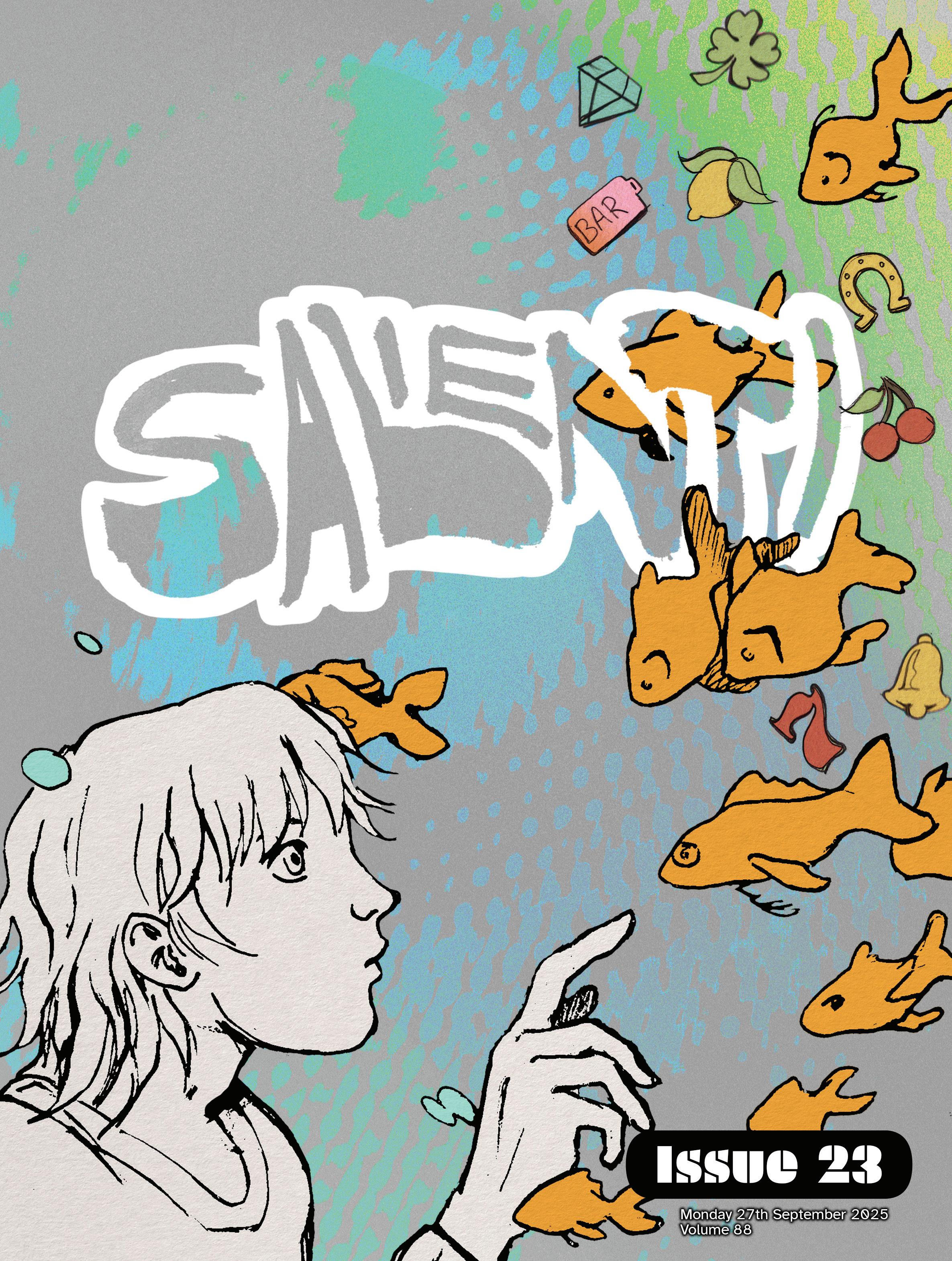
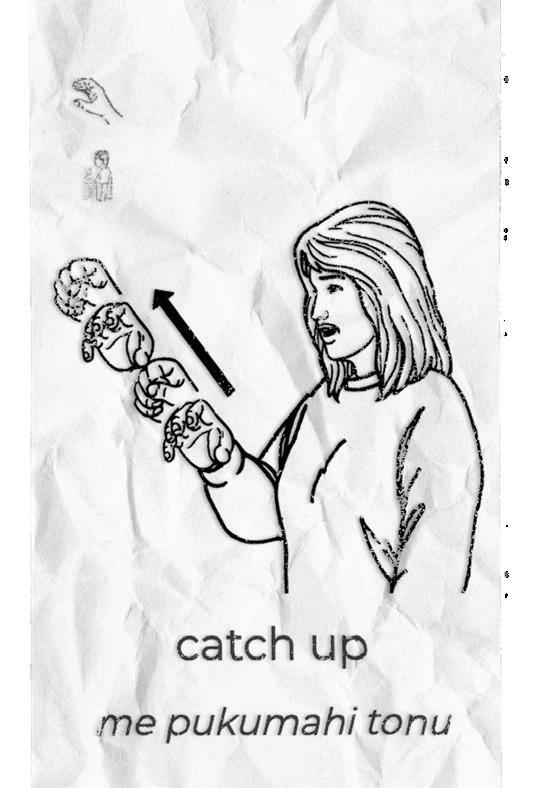
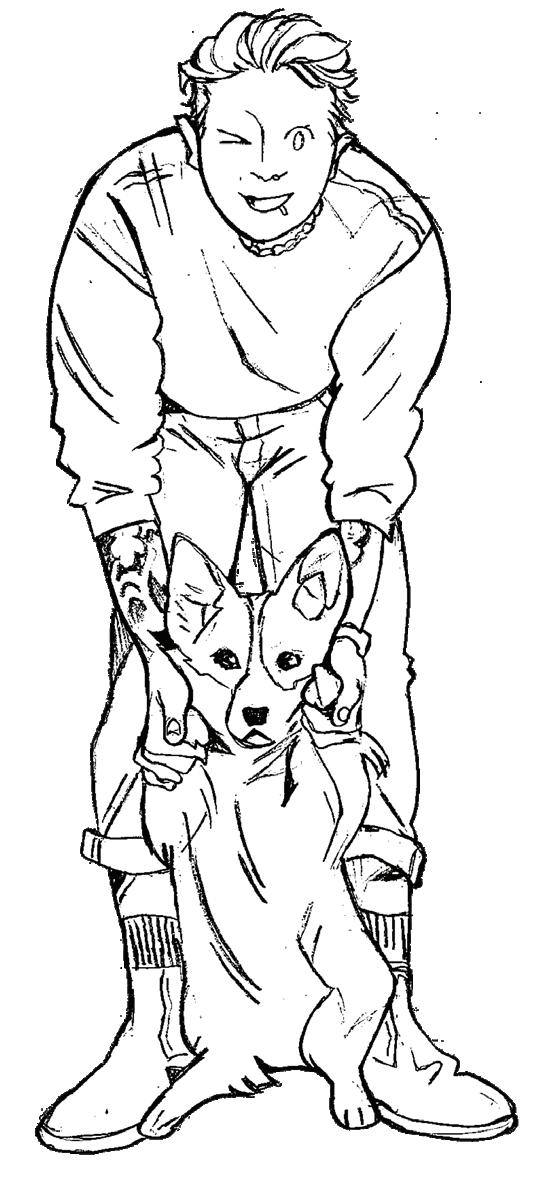




Well, what a week last week was for the uni. The BDS boycott passed, we elected our new VUWSA exec, we had some terrible weather, and we’ve aged Matthew Tucker (VUWSA CEO) about ten years in this election season. Good job, students. You’re all probably getting ready for exams, cleaning the mold from your flats, and are very ready for summer (or less ready for summer school) to begin. Here in the office, we’re wrapping up on a year full of ups and downs.
If I can get sentimental for once: I’m so incredibly proud of the team (and the contributing writers) that we’ve had this year. It’s a massive thing to ask, to get a team of strangers to accept you (in turbulent circumstances) to take over their workplace and make big changes. You’ve got existing friendships, strengths, and sometimes, might feel like you’re being stared at through a fishbowl.
It’s a hard thing to ask anyone, especially students who both have to juggle existing classes, and rely on Salient’s employment to pay their rent. It’s even harder when it’s a total stranger who wants to cut down your pages, word counts, and turn over the magazine that you’ve been making.
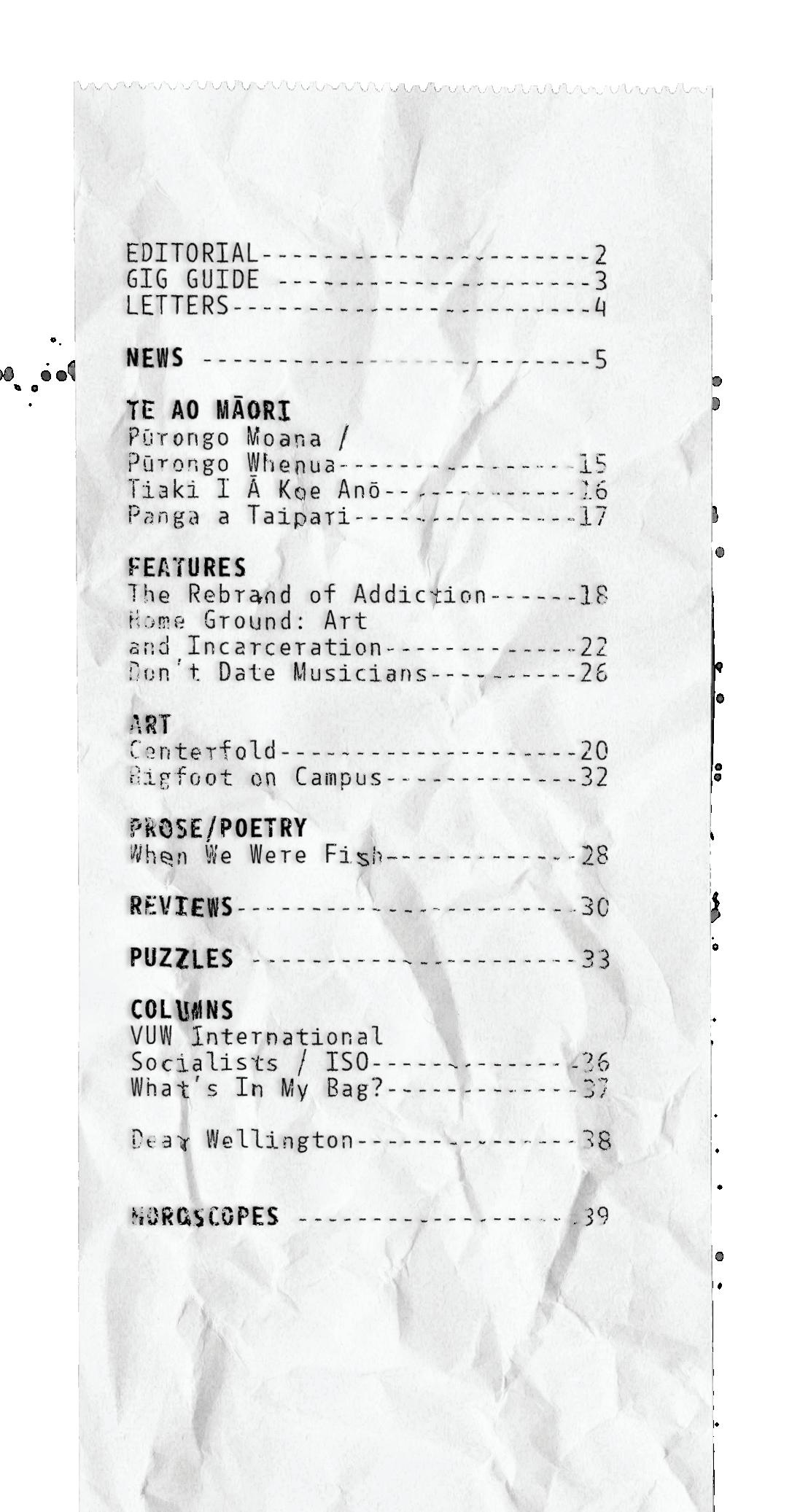
So, to be selfish in this editorial, I want to acknowledge our team: Taipari Taua, Dan Moskovitz, Darcy Lawrey, Jia Sharma, Henry Broadbent, Georgia Wearing, Cal Ma, Nate Murray, Te Urukeiha Tuhua, Teddy O’Neill, Walter Zamalis, and Ryan Cleland. Thank you for the trust you have all put in me, and the magazine that we have all been able to put together.
Everyone has worked incredibly hard to settle the ship, and each is as vital as the next to the magazine running. While you might pick this magazine up, skip to the puzzle page and get mad when the crossword is wrong (sorry, again), this team is working tirelessly in the background to put it all together. And I think that’s worth an acknowledgement before the end of the year.
It’s also worth acknowledging those who have left the team: Maya Field, Jackson McCarthy and Fergus Goodall Smith. It’s no fault of their own that they resigned, and all did incredible work for the magazine during their employment.
We look ahead into a packed issue, opening with Sophie Cook’s feature about the changing culture of student gambling, into Alyanna Oquendo’s beautiful piece about volunteering at Home Ground, and rounded out by a piece explaining why really shouldn’t date musicians (but if you do, date the drummer) by Georgia Wearing.
In our Arts and Culture section we have poems from Taea Staples and Emily Johnston, a review of Lecturer James Wenley’s show by Ryan Cleland and two crosswords (last weeks with the correct grid and a whole new one to make up for it).
This may not be the last issue in the year, but it is our second to last. Next week we will be a lot more political and heavy handed with our topics discussed; I wanted to use this opportunity, and this editorial while appropriate, to acknowledge the hard work of all of both our staff members and writers from the student body who went out on a limb and decided to pitch to us here at Salient. Your voice matters; thank you for sharing it with us.
For now, enjoy the issue, enjoy the small moments of kindness you get in your day, and we will see you back here next week, for our final issue of 2025.
By Phoebe Robertson

MOON Jam Nite (FREE!)
Time: Tuesday 7:30PM
Location: MOON
You may find fame. You may find friends. You will certainly find beer, pizza and a night of free entertainment. Rock up to MOON this Tuesday for their regular weekly jam night. A stage with a full backline is provided, should you wish to perform.
Bec Sandridge: Always A Fan
Time: Friday 8PM
Location: Secret!
Bec Sandridge, a rising star in the Aussie indie-pop scene, is paying us a visit! Expect soaring synth lines, fuzzy guitar, queer angst, and influences ranging from Kate Bush to Phoebe Bridgers. Location revealed to tickeholders.
Young Lebowlski's (FREE!)
Time: Saturday 9:30PM
Location: Rogue and Vagabond
Aaron Young (aka: DJ Furious)—who has DJ’d and produced music for iconic NZ dub bands—is teaming up with his cousin George, an up-andcoming soul singer in his own right. THis may be a family affair, but their collabs are nothing if not professional. Expect dancy, horn-heavy dub, all night.
Steadfast For Palestine |
Time: Saturday 11AM
Pukeahu Park to Odlins Plaza
Two years of Israel’s genocide against Palestine, silence and passivity from our government. Justice for Palestine calls for “all who believe in justice and human rights” to join them in a hīkoi calling for immediate sanctions against Israel. Stalls and speakers will be hosted at Odlins Plaza (on the waterfront), after the march. See @just4pal for details.
Crash Bandihoot Birthday Bonanza
Time: Saturday 7:30PM
Location: MOON
MOON is having a big one this Saturday. Maybe you should, too? Crash Bandihoot, a party brass band as ludicrous as their name and premise, is throwing a big ole party, with the support of funk-heavy openers Iskra. Expect a big, fun, extremely silly evening, with a wonderful brass section.
The Splinters w/ The World Is Against You
Time: Wednesday 8PM
Location: Valhalla
Punk/hardcore five-piece the Splinters are tearing it up this Wednesday in celebration of a brand new single: ‘Unfuckingbelievable’. They’ll be joined on stage by the shoegazey, post-punk energy of The World Is Against You. Have a mosh!
Yawner w/ RENÉE (FREE!)
Time: Friday 9:30PM
Location: Rogue and Vagabond
An all timer for Rogue; this one is not to be missed. two soon-to-be giants of Pōneke’s R&B/soul scene, Yawner and RENÉE, are collaborating on what might just be the lushest night we’ve seen at Rogue to date. Expect soothing, jazzy sounds, and ample respect for the bass
Time: Saturday 9PM-3AM
Location: Valhalla
Local promoters TGIF are back at Valhallah for a big night of techno and electronica, running well into the early morning. Four different DJs will shepherd you through the night: Bahns & Jay Luv, Pothos, Destroy With Science, and Lektrocore.
First Reserve X Dropper X Elly Mae
Time: Saturday 8:30PM
Location: San Fran
San Fran is putting it on for you this Saturday with First Reserve & Dropper, sharing the bill with up-and-coming star Elly Mae. First Reserve has established a following for their anthemic indie rock presence; Dropper gives noise-rock a (much needed?) dose of pop sensibility; Elly Mae a reprieve of nostalgic, shoegazey-folk. Much to dance to.
Sunday Jazz - Louisa Williamson (FREE!)
Time: Sunday 5PM
Location: Rogue and Vagabond
Rogue’s weekly Sunday jazz is back once again—this time, our favourite jazz bar is welcoming the tremendous talents of saxophonist Louisa Williamson, and her band. Grab a drink and settle in; this week is sure to be a treat.
#23: 29 September 2025
EDITOR
Phoebe Robertson (Acting)
TE AO MĀORI EDITOR
Taipari Taua
NEWS EDITOR
Dan Moskovitz
NEWS WRITER
Darcy Lawrey
MUSIC EDITOR
Jia Sharma
SUB-EDITOR
Henry Broadbent
COLUMN EDITOR
Georgia Wearing
DESIGNER
Cal Ma
JUNIOR DESIGNER
Nate Murray
FEATURE WRITER
Te Urukeiha Tuhua
SOCIAL MEDIA MANAGER
Teddy O’Neill
NEWS WRITER/POLITICAL CARTOONIST
Walter Zamalis
CONTRIBUTING WRITERS
Ryan Cleland
Saad Aamir
Guy van Egmond
CONTRIBUTING CARTOONISTS
Jim Higgs
Sophia Knoef
CROSSWORD CONTRIBUTORS
Nil

Julia Corston
Holly Rowsell
CENTERFOLD
Samara Turner
DISTRIBUTION
Saad Aamir
ADVERTISING SALES
advertising@vuwsa.org.nz
READ ONLINE salient.org.nz
issuu.com/salientmagazine
GET IN TOUCH
editor@salient.org.nz
Instagram/salientgram
Tweet/salientmagazine
Facebook/Salient
LETTERS
Got something to say about the magazine? Want it published? editor@salient.org.nz
Salient is published by, but remains editorially independent from, the Victoria University of Wellington Students Association (VUWSA). Salient is funded in part by VUWSA through the Student Services Levy. Salient is a member of the Aotearoa Student Press Association (ASPA).
Complaints regarding the material published in Salient should first be brought to the VUWSA CEO in writing (ceo@vuwsa.org.nz). Ideally, by motorcycle. A letter can also be sent to the editor, for their response/publication in the magazine. If not satisfied with the response, complaints should be directed to the Media Council (info@mediacouncil.org.nz).


Te Wiki o te Hauora Hinengaro—Mental Health Awareness Week is nearly here!
Boost your hauora hinengaro with your Te Herenga Waka whānau from 6-12 october. our University-wide Mental Health Awareness Week programme is full of opportunities to Top Up Together!
Mental health and wellbeing are part of everyone’s journey. Whether you’re working, studying, or simply navigating life, take some time to connect and recharge with others.
Check out the week’s programme at wgtn.ac.nz/wellbeingevents and follow @vuwequitywellbeing for updates.
Nāu te rourou, nāku te rourou, ka ora ai te iwi—with your food basket and mine, the people will flourish!
Kia Ora, I saw the claim that there are no paid ethical steaming
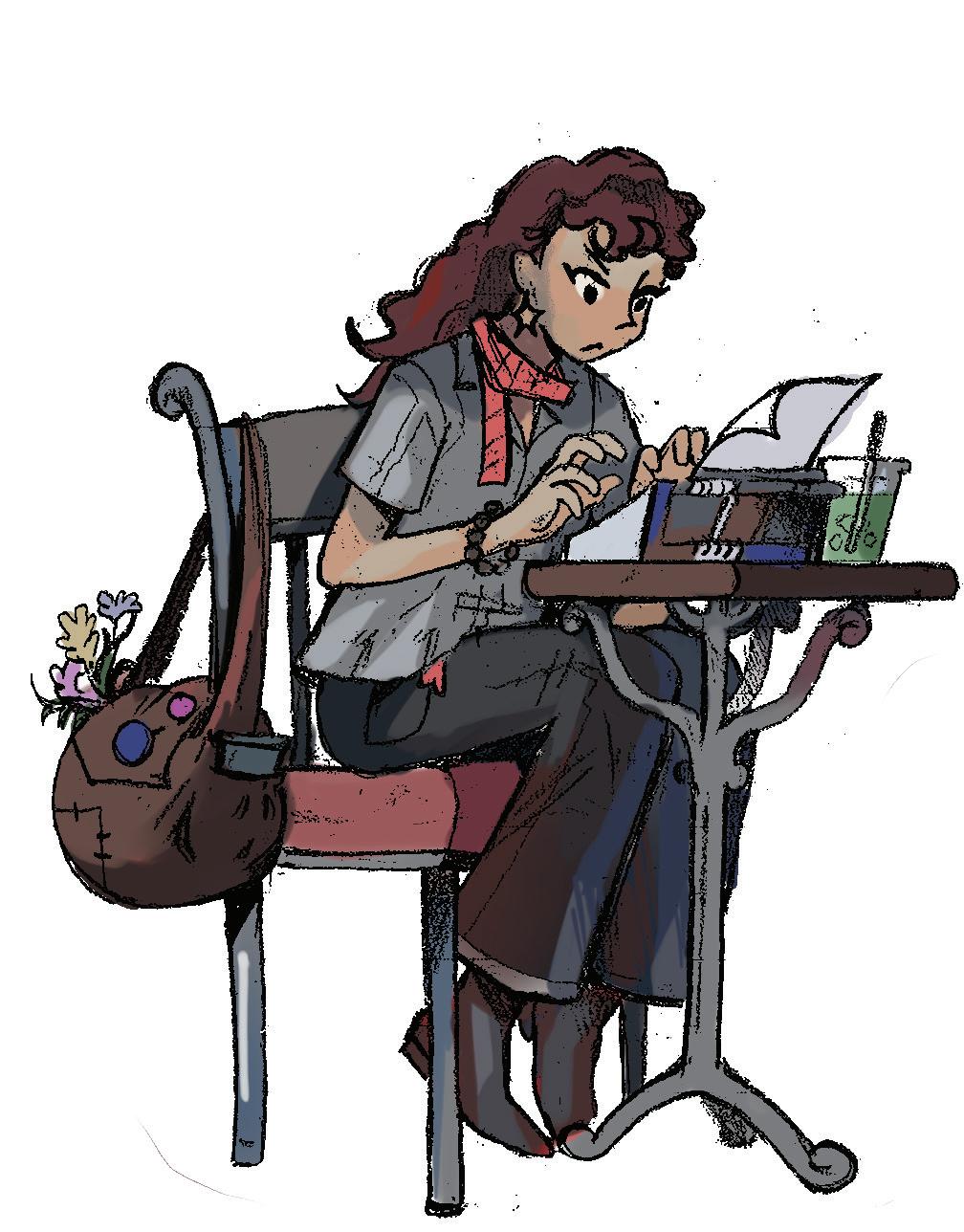


Victoria University of Wellington students have elected a new student executive for 2026 in the most hotly contested race in a decade. Nearly 30 candidates stood for just ten positions, drawing an unusual level of campus engagement.
At the top of the ticket, Aidan Donoghue was chosen as president, moving from his previous role as engagement vice president. Ethan Rogacion will continue as academic vice president, while Aspen Jackman shifts from equity officer to welfare vice president. Aría Lal returns as education officer, and Sanjukta Dey will serve another term as treasurer and secretary.
The incoming team also includes Charlotte Lawrence as engagement vice president, Lewis Collins as campaigns officer, Cam Dickson as clubs and activities officer, Pyper Adams as equity officer, and Sophie Guerin as sustainability officer.
Donoghue, who defeated four other contenders, struck a jubilant note in his acceptance remarks.
“I’m completely speechless,” he said. In a follow up interview with Salient added: “I’m over the moon. I’m about to cry. My opponents all ran a great campaign… it’s amazing to be picked out of those five people.”
Collins, elected campaigns officer, highlighted the broader stakes of turnout. “The most important thing is we’ve seen so much more engagement with students in these elections,” he said. “If we can get students to vote in these elections, we can get them to vote in the general elections.”
For Guerin, sustainability officer, the focus was forward-looking. “I’m so honoured to be voted in… I look forward to collaborating with university climate groups to create better change for our planet.”
Others echoed a sense of gratitude and anticipation. Dickson, who will oversee clubs and activities, called it “a privilege to be in such an amazing organization and serve students.” Adams described the results “very impressive” and celebrated the resilience of fellow candidates. Lawrence praised the collective spirit of her campaign: “This has been a team effort from the start. I have nothing but good things to say about everyone else who ran.”
The unusually crowded field, students and observers said, reflected both frustration and renewed energy on campus after years of lower turnout. As Donoghue put it in his first remarks: “You will see a VUWSA like you’ve never seen it before.”
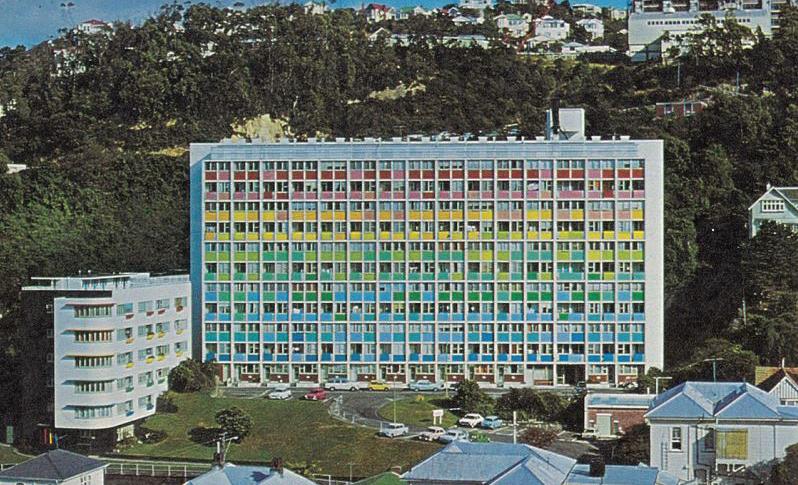
By Darcy Lawrey (he/him)
You’re likely to know them as “that ugly abandoned building on The Terrace”, but the Gordon Wilson flats are more than an eyesore to be spotted through the window of the number 21 bus. The 1950s-era flats were once a colourful expression of the government’s emerging role as a provider of social welfare. They’ve since become a decaying cornerstone in the battle between the “old” city and the emerging “new” city—a battle fought through judicial reviews and council consultation. And their time may soon be up.
Victoria University of Wellington (VUW) purchased the site two years after the flat’s tenants were given the boot in 2012, following an engineering report which raised serious doubts about the building’s integrity. The report had found that a “large person falling” would be enough to cause the building’s façade to crumble. “The building is corroding”, Kāinga ora’s assets development manager said at the time.
It is possible the flats would have been demolished long ago, were it not for work of The Architectural Centre, an advocacy group of around 200 architects and designers. The group brought a legal challenge against the council’s decision to rezone the flats in the Environment Court in 2016. this appeal was successful, with the Court determining that the heritage listing should stand.
The only thing keeping the building standing has been its former heritage protected status. Wellington City Council attempted to revoke the flats heritage listing, among other heritage protected sites, in the much-praised 2024 District Plan.
Housing Minister Chris Bishop initially rejected the change, pending cabinet’s approval of an amendment to the Resource Management Act which would allow the heritage protection to be revoked. Once approval was granted in June, Bishop declared the heritage protection “goneburger”. The flats will be “unlikely to mar our beautiful city’s skyline for too much longer”, Bishop announced in a press release.
In response, the flats longstanding guardian angel, The Architectural Centre, renewed its efforts to stop the demolition. The Centre has launched a campaign to “Renew the Gordon Wilson Flats”.
in their 2016 judicial review brought against the Council, The Architecture Centre emphasised the heritage value of the flats. In particular, the Centre cited the building as a strong example of the “modernist or brutalist style”, and as a “memorial to Gordon Wilson”, the highly influential architect who the building is named after.
However, Rob Tse, a member of The Architectural Centre’s committee, now says “we’re not heritage people.” He says that while heritage protection is important, he can see why it’s a problem, “it’s too onerous for building owners, and it’s too costly”. While the university plans to demolish the existing building and build new housing on the site, the Centre has put forward an alternative plan to redevelop the existing structure.
They say refurbishing the existing building would provide housing to 350 people while saving 92% of the carbon cost of a demolition and new development. By favouring a demolition, The
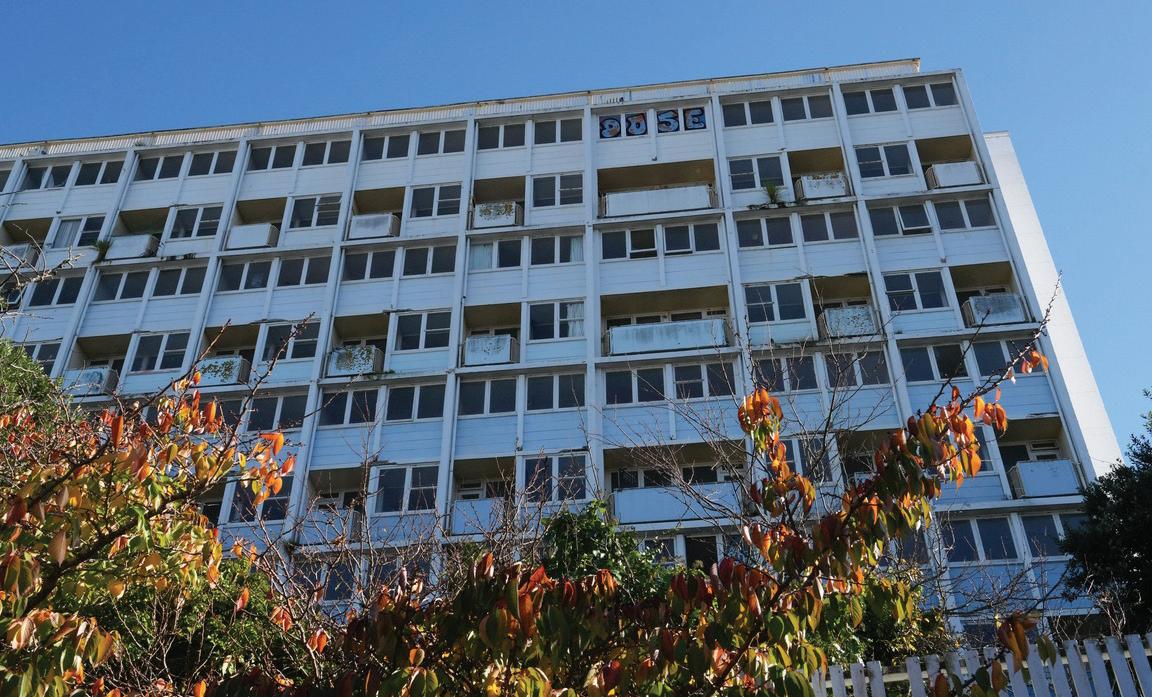
Architectural Centre President Paul Harvey says the university seems to be “ignoring their own key priority of ecological thinking.”
Rob Tse says that the Centre’s proposal would enable the university to retain 80% of the existing building, reducing carbon cost, by replacing the existing façade. The Centre says that the building’s core structure still meets current day standards, with the façade of the building largely responsible for its poor seismic rating. Additionally, the Centre says a refurbishment would be more affordable than demolishing the existing flats and building anew.
While Tse says he is “very confident” in their analysis that a refurbishment would be more cost effective for the university, the centre has not released their findings in full, calling them “commercially sensitive”.
Peter Parkes, another member of the Centre’s committee says that “costings are really, really problematic.” He says that it is typical to make the costings for building development “suit the hidden agenda”, something he says the Architectural Society can be “just as guilty as Victoria University” of doing.
According to Parkes, the Architectural Centre is very skeptical that VUW will be able to build brand new accommodation for 500 people. “We think that the figure is being bumped out of thin air just to try and knock the prospect of [refurbishment]”, he says.
However, Wellington City Councillor Geordie Rogers says that “the last thing Wellington needs is another
fancy render … If we constantly stop people from building housing because we don’t agree with the way they’re doing it and it doesn’t perfectly suit us we just never get any housing built”, he says.
The University’s current plan for the site, which is yet to be released in full, has the capacity for 500 people. Rogers says that figure represents a “massive shift” in the availability of housing. “It’s 500 students moving out of low quality mouldy flats into something that is healthy and affordable”, he says. He questions whether a refurbishment of the existing flats would be more cost effective than a rebuild, given the university’s historical commitment to a demolition.
Victoria University of Wellington Student Association President Liban Ali says that the Architectural Centre has “always been reluctant to actually look at what the university is proposing.” He tells Salient: “The Gordon Wilson Flats right now needs to go because it doesn’t meet the needs or innovation of where Wellington needs to go in the future”.
Housing Minister Chris Bishop celebrated the removal of the building’s heritage protected status by posting an image of himself riding a wrecking ball into the flats, Miley Cirus style, on Facebook. As far as the Architectural Centre’s proposal goes, he’s skeptical. “As far as I’m concerned, we have this pressing need for affordable student accommodation [and] that’s what Vic wants to do with it”, he told Salient. “Everyone’s got a bright idea; most of the time they don’t own the building, and they don’t have to shell out for it”, he added.

Te Urukeiha
Tuhua (he/they/ ia, tūhoe)
“We pray for our elected officials and for our MPs
May they let themselves see the suffering and violence engulfing Gaza
May their eyes be opened with compassion.”
- from ‘Prayers of Solidarity and Lament’
On September 15 a group of priests chained themselves to the door of Nicola Willis’ Johnsonville office and stayed overnight, demanding sanctions on Israel.
Initially they sought a meeting with Willis, to ask if the government would provide a timeframe for when they would impose meaningful sanctions on Israel, recognise Palestinian statehood, and uphold international law. After being turned away and told to return another day, they chose to remain at her door in protest. “The people in Gaza don’t have another day,” said Reverend Andy Hickman.
The group of priests—five Anglican and one Catholic—held vigil and spent time in prayer. They were linked together at the wrists by chains, and intended to remain outside the office overnight. A second group comprising of Anglican and Baptist priests staged a sit-in
at Simeon Brown’s office in Auckland with the same intention, and left without incident after being trespassed by police. In Johnsonville, police approached the clergy but didn’t take any action against them.
Hickman said that they received an outpouring of support from people in the community, who brought them food, blankets, and medication. “There was no one here pushing an agenda, they just cared. It was not about anyone, it was about the cause, and about aroha.”
Nicola Willis described the protest as “disruptive”, and said that it was “intimidating” to members of the public coming to her office to meet with her. However, the scene outside her office told a different story, with various members of the public approaching the priests to express gratitude for their action.
Hickman told Salient that he’d had discussions with multiple Johnsonville residents who described the list MP as hard to reach; some reported almost daily failed attempts to meet with Willis. Some expressed skepticism that Willis was ever inside her office; many said they had never seen her face.

University Chaplain Reverend Mel McKenzie said that their protest aimed to be “redemptively disruptive: Disruptive, but not for the sake of causing disruption.” She mentioned the work done by organisations like Falastin Tea Collective, the attempts of the Freedom Flotilla to break the siege in Gaza, and the ongoing global conversations happening about recognising Palestinian statehood. She said that her and the other priests aimed to direct attention to these issues and push governments to take action.
“No more statements. We’ve got to push governments to make commitments, and if not then we’ll hold them accountable at the ballot box, or by more acts of civil disobedience.”
The clergy settled down for the night outside the office, still chained to the door. Throughout the night people continued to show up and offer support in various ways, some bringing hot tea and freshly baked cookies. McKenzie said they had been gifted so much food they would need to donate leftovers to a local foodbank.
The priests reported similar accounts of the night, and were touched by the amount of
support they received. McKenzie described her experience, and the support she required: “[being chained] gives you that sense of really restricted movement … You rely on the help of everybody else, and if they don’t help you, you’re stuck.”
According to Hickman, a group of people had set up a Whatsapp group chat to ensure that there would always be a dozen people keeping watch over the priests so they could sleep. “We effectively had full-time security on a rotation,” he said.
“Surely this is how the world should look?” McKenzie said. “That we offer that level of care, and that when we’re really vulnerable, others should watch over us.”
At 10am the following morning the clergy held a communion service outside the office, attended by around 50 people. An invitation was extended to Willis to join them for the service. She declined.
Reverend Christopher Kirby reminded everyone to keep their focus on Palestine. He read aloud a message he’d received from a person in Gaza: “The situation is extremely dire and catastrophic.

A series of violent airstrikes are hitting our people right now … Please pray.” Kirby then led the congregation in a waiata, followed by karakia and prayer.
While Willis failed to make an appearance, a caucus from the Green Party met with the clergy.
Of the priests’ actions, Green Party co-leader Marama Davidson said: “From love and a duty to the true teachings of Christ—they call for sanction, for humanity, for enduring peace through justice. I know who I would rather choose as role models for my children. Certainly not MPs who bury their heads in the sand while being apologists for genocide.”
Prior to Parliament sitting, the clergy held an extended prayer session.
“We pray that it would make the people who have the power squirm, and that they would know that there is focus on this and that the mood is shifting,” Kirby said. “We pray for sanctions, and pray for them to take action now.”
Davidson, having spoken to the priests that morning, brought a sign from the protest, reading: “Sanctions Speak Louder Than Words”, into Parliament that day. During question time she asked for Christopher Luxon’s “response to the Christian priests protesting outside Nicola Willis’s office, who say ‘it is clear New Zealand is not doing all it can to intervene and put pressure on Israel to uphold international law’?”
Luxon responded by citing travel bans placed on Israel’s Finance Minister Bezalel Smotrich
and National Security Minister Itamar Ben-Gvir, and on extremist settlers in the West Bank. From there the question was rapidly derailed by attempts to recenter Hamas, and the release of hostages.
New Zealand has leveraged no financial sanctions against Israel. By contrast, we have to date sanctioned ~1,800 individuals and more than 450 Russian-affiliated companies and state bodies in response to Russia’s invasion of Ukraine—a fact noted by other members of the House during that session.
Luxon also hasn’t provided information on whether foreign minister Winston Peters will recognise Palestinian statehood at the United Nations meeting, set to take place in New York at the end of September. “We are working our way through a cabinet process to arrive at a final decision about our position.”
After 32 hours chained to Willis’ office, the priests concluded their vigil. They may have been leaving the office, but Hickman was adamant: “We’re not going away.”
“None of us are going away. We’re here, we are the people, we are the community.” He said that they wouldn’t feel guilty for feeling that they’d reached their limit, and that they needed to go see their whānau and fulfil their other commitments.
The vigil ended with prayer and a closing karakia. The priests left a bouquet of flowers outside the office door, and said that their offer to meet with Willis for coffee remains open.

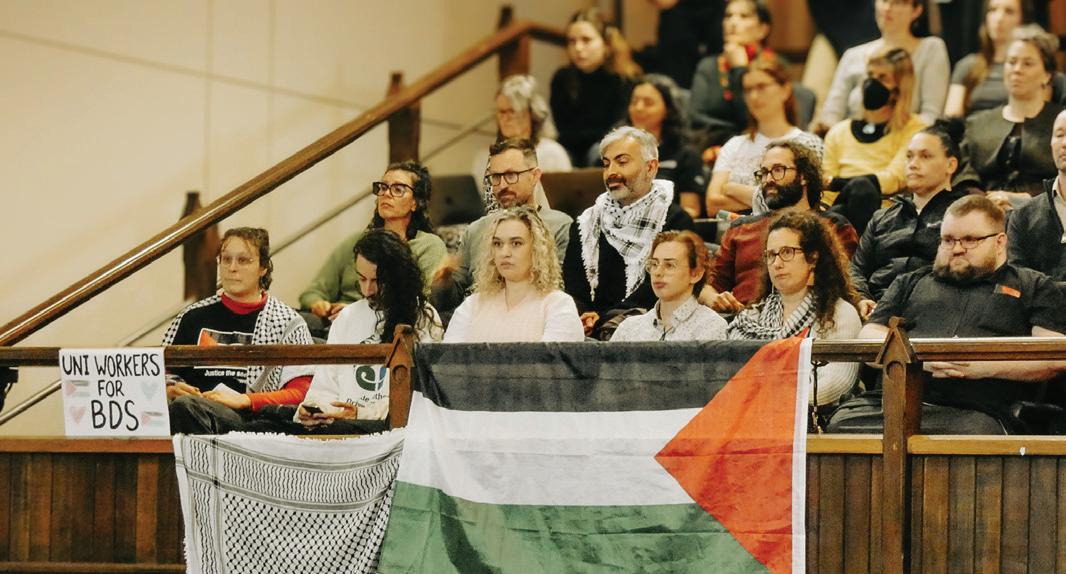
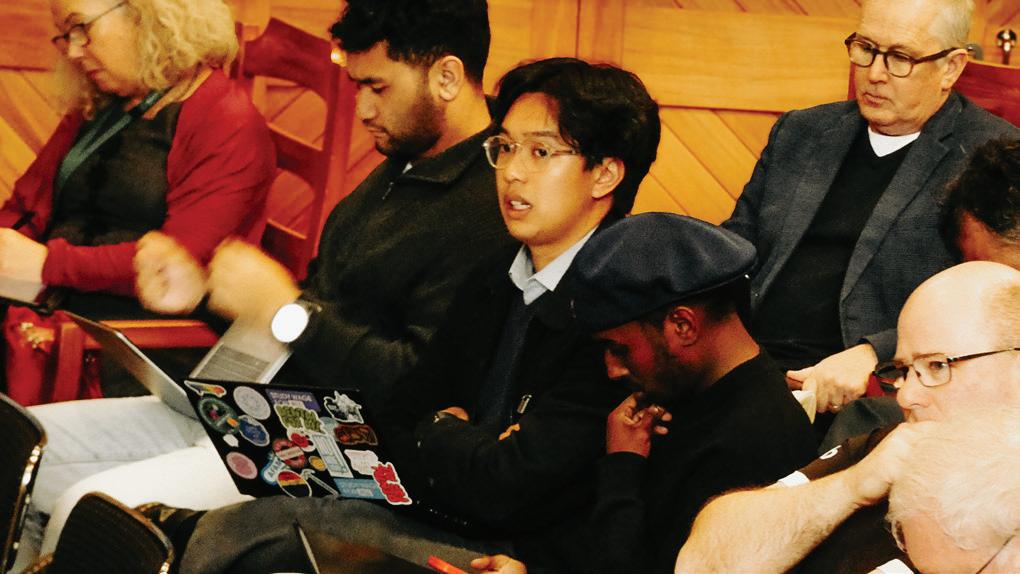
Henry Broadbent (he/him)
On Tuesday September 23, the Academic Board of Te Herenga Waka met in the Hunter chambers. The Board—our university’s highest level of academic decision making—advises the University Council on matters from scholarship to accreditation. Members include Te Hiwa/senior leadership, all professors and deans, and seven student representatives (from the student exec); it is convened Nic Smith, the Vice Chancellor.
It meets monthly, with varied attendance from members, and typically little to no attendance from the student body; the fare is often dry (though not unimportant). Last Tuesday’s historic meeting broke that mould. The public gallery was full to standingroom with staff and students, many holding placards and wearing keffiyeh; the testimony of Board members was personal, direct, and often moving.
The cause of this display of public support and emotion was the successful motion—passed by an overwhelming majority: 55 in favour and one abstenstion—to ensure boycott of and divestment from Israel, for their ongoing genocide against Palestine, is placed into policy at our university.
Driven by Student Justice for Palestine (SJP), the successful vote means the University has now been directed, by the Board, not to build ties or collaborate with any Israeli academic institutions, nor to engage with institutions known to be researching military technologies. SJP hopes that, by forestalling the possibility of academic collaboration, Te Herenga Waka can do its part to pressure Israel to comply with international law, and respect Palestinian rights.
Now, and for as long as the scholastacide and genocide in Palestine continues—should the university fully implement these objectives—Israeli research institutions can not be legitimised by partnerships with our university.
The success of the motion was far from a foregone conclusion. Ayah, an organiser from SJP, told Salient “it was really gratifying to have such a warm reception from everyone”, describing anxiety during the vote count, and “a huge moment of relief when that was read out.” Ethan Rogacion, VUWSA Academic VP, who observed the vote count, echoed this, saying “it was just incredibly moving to be going through that pile of paper and just keep adding and adding and adding to the ‘yes’ pile.”
It is clear that the events of Tuesday’s unprecedented board meeting were a success for SJP; it seems the meeting was also a much needed place for solidarity and care between staff and students at what is an incredibly distressing time. Rogacion described “a sense of community between students and academics” forming on the day, all
those present aligned by a deep sense of empathy and compassion, and an awareness of injustice— academics on the day found it entirely appropriate to speak emotionally on the genocide in Gaza, in deeply personal kōrero.
Testimony from the Board, by all accounts, was affecting. Professor of Health Annemarie Jutel was among Board members who spoke passionately of their perspectives as Jewish academics; Jutel discussed the loss of family members to the Holocaust, and how that fact drove her to stand up against present genocide.
Whole school endorsements were provided by the heads of schools, like Rewi Newnham, Head of the School of Science in Society, and Mike Ross, Head of te Kawa a Māui. tears were shed by Board members and those in the public gallery alike, across an hour of moving submissions. Universally, academics and board members stressed the importance of the fact the motion was brought before the board by students, and showed a genuine pride in the student body.
Despite the wins of the day, it is clear this is merely a first step. A clause in the motion advising the University Council to “divest from corporations known to be complicit in Israel’s violations of Palestinian human rights … and pledge not to enter into new agreements” was removed by the office of the Vice Chancellor. This action was taken on advice from Legal Services (and a second opinion from Buddle Finlay) that financial matters such as the University Foundation lie outside the remit of the Academic Board.
The removal of this clause was argued against by student representatives on Tuesday, but was ultimately accepted after liaison with SJP. A possible future avenue for discussions around ongoing divestment may be the Finance Committee of University Council.
Further, a clause advising the council to endorse “the use of boycott, [and] divestment” was similarly removed. Concrete commitments are also needed with regards to supporting at-risk Palestinian scholars (though there is clearly a desire to do so, and suggestions were heard at the meeting).
Tuesday marked a powerful expression of solidarity with Palestine, spearheaded by students and passed with the full support of the Academic Board. It is a historic chapter in the history of our university; it is also just a beginning. This is not a salve for our collective conscience—it is a call to action. Let the backing of your institution give you even more drive; don’t stop showing up for a free Palestine.
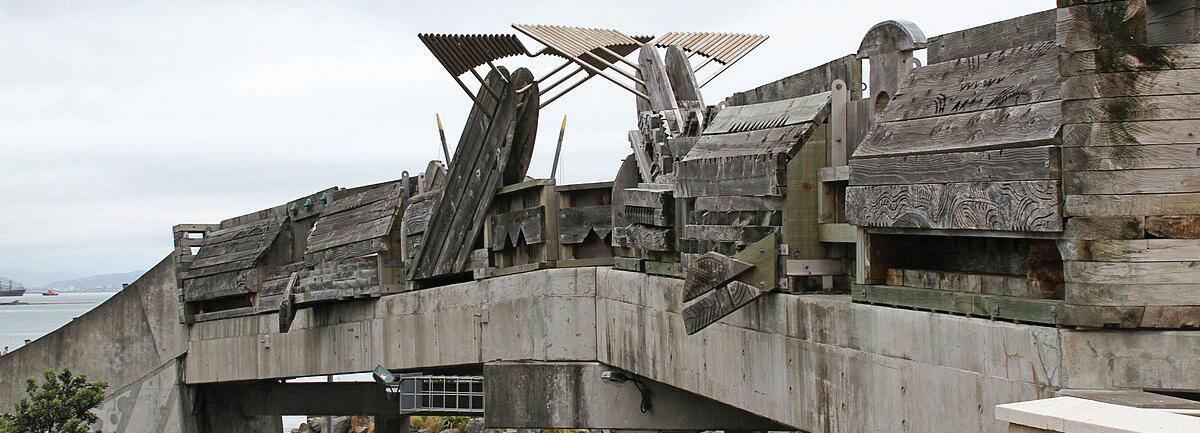
Dan Moskovitz (he/him)
The debacle over Wellington’s City to Sea bridge, which links civic square to the waterfront, has been going on for a year now.
In lieu of paying for costly earthquake strengthening, Wellington City Council (WCC) announced demolition plans for the bridge at the end of the last year. Work began, only to immediately pause due to central government reviewing the earthquake building standards.
The pause was widely welcomed, as there’s huge public support for the bridge. It’s easy to see why. In a city which has lost its library, the town hall, reading cinemas, and so much more, losing another publicly accessible piece of infrastructure is just another blow.
The cost of this restrengthening, and our inability to pay it, lies with previous councils prioritising low rates over investment in infrastructure. As more recent councils have played catch-up investing in the city’s pipes, roads, libraries, and bridges, and more, the result has been massive rates rises. These are tough to swallow in a cost-of-living crisis, and most mayoral candidates are running on keeping rates low.
So you’d think demolishing the bridge for a wide pedestrian crossing, which has been estimated as the cheapest option at $36 million, would be favoured by the ‘keep rates low’ candidates.
Not so. Diane Calvert, Ray Chung and Karl Tiefenbacher are the three leading centerright anti-rate mayoral candidates, and all support saving the bridge. Council officers have conservatively estimated that would cost up to $86 million.
(Mayoral front runner Andrew Little also supports keeping the bridge. However, he is not running a solely ‘keep rates low’ campaign).
Considering how the aforementioned trio have all (fairly) blasted cost blowouts at other council projects, you’d think they’d have some apprehension towards funding bridge strengthening.
All three were asked why they did support keeping the bridge while running on a keep rate low campaign. All three said they lacked confidence in WCC’s numbers. This does appear to be a widely held view—even in leftwing circles—but no one is providing any other costings. These are the numbers we have.
It’s easy to see why these three and more are rallying behind the bridge. It’s a popular, beautiful, and convenient spot, and important in a pedestrian-oriented city. Demolishing the bridge will lead to short term grief and pain.
But no one is talking about how WCC officers favour building a new bridge in the long-term. Its costs have been estimated at $13 million, on top of the existing $36 million. which is still cheaper than $86 million.
The irony of putting a pro-austerity argument in a left-wing news outlet is not lost on me. But at a certain point we have to cut costs, and our losses. Wellington is already hamstrung by huge infrastructure upgrades, like our leaky pipes. Central government support isn’t coming, and rate rises are already at record levels.
Doing nothing is not an option. If an earthquake strikes, the bridge falls, and people die, then those deaths will be the fault of the council.
So, smash the damn bridge.
Martha Schenk (she/her)
Is Turnitin really using our submissions to train its commercially generative AI? Hot on the trail of this burning question, my incendiary investigation was quickly snubbed out by the Director of Academic Development: Professor Stephen Marshall. While Marshall assured me that the universities contract with Turnitin explicitly prevents the plagiarism detection provider from utilising student work for the training of artificial intelligence systems since mid-last year, he raised another more poignant, less considered AI issue: “The biggest problem in all of this presupposes that everybody has equitable and equal access to these tools and technologies”.
It turns out that, in the wake of AI’s swift inauguration to the education sector, some students are being left behind. Similarly to the introduction of personal devices like laptops in learning environments, accessibility to AI programs due to financial constraints is predicted to become a substantial issue in the coming years. “People with the resources to spend $50-$100 a month can get access to reasonably better AI tools, meaning that they use their time more productively, and the superficial qualities of what they produce in terms of writing will be better”, Marshall explained. “We know those things will have an effect on peoples’ grades, their capacity to be successful in their courses”.
Unlike the introduction of personal devices the gradual development of which has allowed for decades of adaptation AI is advancing at breakneck speed. “Everything’s compressed, we’re having to respond to these things much more rapidly”, was the message. This means that in today’s unprecedented technological era, swift action is required to ensure that vulnerable students are not disadvantaged in current and future educational settings.
Marshall stresses that “every student should have an equal opportunity to demonstrate success in our courses” and that the university has “a responsibility as a formal education provider to provide a learning environment where that is achieved”. But what exactly is the solution?
One approach being considered is that of a revisited cyber-commons model. The university could host its own AI locally, making educational software both free and readily available for both students and staff. Marshall believes that there will be “some collective effort by the universities in New Zealand to find a way where we can have locally operated AI environments that will make it possible to put tools into courses equitably” but admits “I don’t know what that will look like yet, it’s complicated and will involve spending a lot of money”.
While this could make basic AI tools more accessible, the approach negates the imminent presence of better and more advanced outside programs that will always be purchasable by those with the resources to do so.
Think, you’re sitting in lecture haggling with VicGPT, which may or may not be about to explode, while your neighbour flaunts their subscription to a program which can transcribe your lecturers’ thoughts, probably. While your classmate works away with infinite knowledge at their fingertips, your laptop is still booting up.
Worries about the environmental, employment, and ethical elements of AI use aside, the forecasted lack of equity in educational AI might seem enough to tip you over the edge. But all hope is not lost.
While many believe that artificial intelligence in education is not a matter of ‘when’, but rather ‘how’, and indeed programs like Grammarly, ChatGPT, OpenAI, Google Gemini, Duolingo, and even Kahoot! can already be considered mainstream in educational spheres, English Programme Director Dr Adam Grener says it’s important to remember that we have agency. “Part of the thing that worries me is the assumption from society, or certain leaderships, that AI introduction to learning spaces is somehow inevitable”, he explained. “Teaching is about interacting with people and ideas”, and “the more we automate things and outsource thinking, we aren’t considering the purpose of the actual university”.
Grener isn’t alone in his stance. A press release from August 1 st published by a network of New Zealand academics working in Communication and Media Studies across Aotearoa universities claimed that “there is a tendency in our universities to be resigned to AI as an unstoppable and unquestionable technological force” and that “AI is not an inevitable technological development which must be incorporated into higher education”.
Their reasoning included arguments of intellectual property theft, research integrity, student anxiety, techno-capitalism, data-sovereignty, clashes with Te Tiriti, and even data colonialism.
Equity issues could just be the beginning. As AI gains traction in the educational sector, it’s vital to remember that we have the power to shape its path.


The civil lawsuit between Cardi B and Emani Ellis—a security guard who claimed the singer had scratched her face—has finally come to a close. The incident dates back to 2018, when Cardi B was pregnant with her first child, Kulture, and heading to an OBGYN appointment. After stepping out of the elevator, Ellis allegedly began snapping papparzi-style photos and verbally harassing her.
The trail, which felt more like a reality TV episode than a courtroom proceeding, was recorded and posted online. It gave us viral gems like:
Lawyer: Did you call her fat?
Cardi: No, I was calling her a bitch and a Kris Jenner wig.
Ned Fulmer, the former Try Guy who was publicly ousted for having an affair with an employee, has launched a podcast titled Rock Bottom. In the first episode, Fulmer and his (now ex) wife announced their separation and shared that they’re now coparenting.
The podcast promises interviews with celebrities and influences who’ve been cancelled” and are navigating their own rock bottoms. People magazine’s headline for the interview didn’t hold back, originally describing Fulmer as “best known for cheating on his wife.”
In the interview, Fulmer admits, “This conversation [with his wife] was so brutal at times that we wanted to get up and walk out of the room.”
All I can say is if you’ve cheated on someone and want some more therapy-speak to justify your actions, feel free to tune in.
In breaking news you didn’t know you needed: Chris Hughes has revealed that Jojo Siwa—yes, that Jojo Siwa—has nicknamed his testicles, “Jimmy and Timmy.”
”She calls my balls Jimmy and Timmy. So she must like Jimmy and Timmy,” said Hughes in an interview with E! News. Adding that Siwa loves "the rhyming lingo."
Crucial? Maybe not. Entertaining? Absolutely. So go ahead—name your testicles, name your mates testicles, and then we can all return to being politically and socially literate.
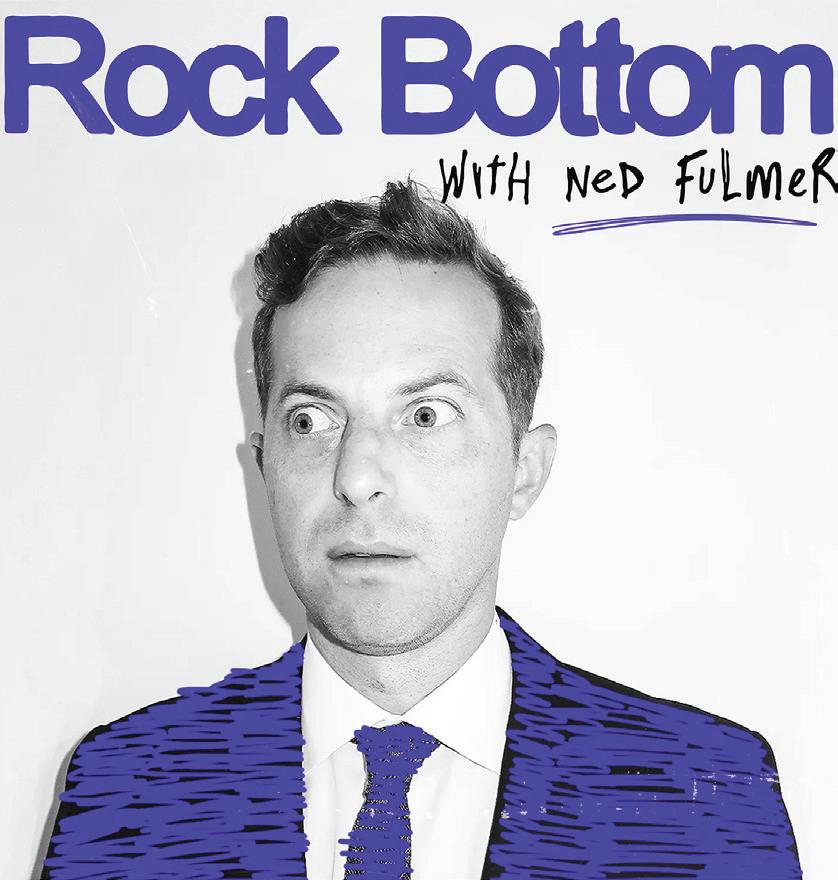
Māori and Pasifika News
By taipari taua (Muriwhenua, Ngāpuhi)
Ngā Manu Kōrero competition celebrates 60th year anniversary
i tū ai te whakataetae Ngā Manu Kōrero, i te marama nei ki Jubilee Stadium, ki Whanganui. Ko te whakataetae nei e āta whakawhanake ana i ngā pūkenga whaikōrero ō te hunga rangatahi, ā, he taumata hoki kia tuku i te reo rangatahi kia māia, kia wero, kia rere. He kaupapa nui hoki tā te whakataetae nei, koia ko te whakatairanga i te reo Māori. Kua wātea nga tauira katoa, ahakoa ōna whakapapa kia whai wāhi ki ngā wāhanga Pei te Hurinui Jones, me rāwhiti ihaka kia kaha, kia whānui te kōrero i te reo Māori. Ko te tau nei te tau 60 o te kaupapa nei, kātahi te kaupapa whakahirahira ko tēnei.
the National Ngā Manu Kōrero speech Competition was held two weeks ago at the Jubilee Stadium in whanganui. Ngā Manu Kōrero is dedicated to developing oratory excellence as well as offering a platform for rangatahi to share their perspectives and challenge audiences. Ngā Manu Kōrero aims to strengthen both the public speaking skills and selfassurance of Māori students in both English and te reo Māori, with all secondary schools encouraged to take part in this prestigious event. The reo Māori sections are open to all students regardless of whakapapa, supporting the broader goal of promoting and normalising the use of te reo Māori across aotearoa. 2025 marks the 60th anniversary of this event.
Ngā Manu Kōrero Winners
Pei te Hurinui Jones, senior reo Māori: te Kahurangi teinakore-Huaki, te wharekura o Kirikiriroa | tainui rāwhiti ihaka, Junior reo Māori: atareta Milne, te Kura o te Koutu | te arawa
Korimako, senior English: scott Picard, onslow college | whanganui a-tara ki Ōtaki sir turi Carroll, Junior English: Pou ariki Hemara-daniel, te Kura Kaupapa Māori o te rangi Āniwaniwa | Te Tai Tokerau
Dates confirmed for Te Matatini 2027
Ka tū te whakataetae Kapa Haka ā-motu hei te 22 - 27 o Huitanguru 2027, ā, ka tū ai ki Hopuhopu, ki Taupiri, o roto i te rohe o Waikato. I mea atu a selwyn parata ki te ao Māori News, ko te Matatini the panekiretanga o te kapa haka me te whakanui i a Ngāi Māori, i tō tātou reo, i ō tātou tikanga, ā, e hīkaka kia mahi tahi ai ki a tainui kia whakahaere i te hui ahurei nei. Ko te tikanga ka tuku atu te mauri o Te Matatini i te wā tuku taonga o ia whakataetae ā-motu. Nā te tauihu i whakaae kia tū ai te whakataetae ki whakaū, heoi, nā te nui o te kaupapa me te iti o whakatū, i paunu te tauihu i te haepapa.
The date for Te Matatini 2027 has been confirmed. The prestigious national kapa haka competition and festival will be held from 22 - 27 of February 2027, with the Waikato region confirmed to host. Hopuhopu, in the Taupiri area of Waikato, is where Te Matatini will be hosted. Around 70,000 people attended Te Matatini this year, and Waikato-Tainui are prepared to host, and are experienced in looking after the masses with the many kaupapa of the Kīngitanga. te whare Haka o tainui Chair
Haani Huata-allen told te ao Māori News that “[o] ur people have been preparing for this moment for a number of years, and we are primed and ready to go.”
Te Arataura o Waikato Chair Tukoroirangi Morgan confirmed this, saying that, “with 64 marae and multiple accommodation facilities nearby, we are well equipped to cater for the motu in 2027.”
Vaiaso o te Gana Tuvalu - Tuvalu Language Week
It’s Tuvalu Language Week! It is being celebrated from the 28th of September to the 4th of October, with the theme: Faipati mo te mautinoa kae amanaia tou fakavae | Speak confidently and respect your foundation.
Here are some common phrases:
Talofa - Hello
Fakamolemole - Please
Fakafetai - Thank you
Toku igoa ko … - My name is … Manuia! Congratulations!
Ea koa?/Ea koulua?/Ea koutou? - How are you/ … you both?/ … you all? Au e malosi, fakafetai - I am good, thank you
It’s that time of year—exams are looming, lecturers are breathing down your neck, your to-do list is starting to look like a medieval scroll. E hoa, don’t forget to look after yourself! Here are some tips to keep yourself alive this study period according to te whare tapa whā—a Māori health model developed by Sir Mason Durie. He nui ngā mahi ā-kura kia tutuki i ēnei wā. Nā tēnei āhua, kāore e kore kua pokea koe e ēnei mahi. Kaua koe e wareware kia tiaki i a koe anō. Nei rā he kupu āwhina, hei tā te whare tapa whā, hei hāpai i ā koe i tēnei wā pukumahi.
★ tama tū tama ora, tama noho tama mate! He nui ō mahi, kāore e kore kua roa tō noho ki tō tēpu mahi ai—kia kaha tonu te nekeneke i tō tinana. Hīkoi, torotoro, hākinakina. He pai mō te tinana, he pai mō te oranga.
★ Staying active is so important, even though it’s so easy to get comfy and stay inside all day. I totally get it, sometimes it's tempting to just lock yourself in your room or in the library, but a quick walk or a few stretches can be a real rongoā for your energy and mood. Trust, a little movement goes a long way, and you'll feel so much better afterward!
★ Kaingia i ngā kai hauora kia pakari ai tō tinana, ā, nā konā ka pakari te whakaoti mahi. Kia kaha te kai hauora, inarā ko ngā pēri, ngā nati, ngā hēki, te ika hoki – ērā momo kai.
★ Try to eat well and keep your meals regular to stay fueled throughout the day. Having consistent meals helps keep your energy levels steady, so you’re not crashing mid-afternoon. Don’t forget to snack in between either! Easy things like fruit, yogurt, nuts, or even a muesli bar are perfect to keep you going. Little healthy snacks can actually help maintain your focus and mood, so you’re slaying all day long.
★ He mea nui te karakia kia tutuki pai ai ngā mahi. Kāore he mea tū atu i te karakia kia whakawātea ai te ara kia aro tika koe ki āu mahi. Ākina te mauri o ō tūpuna, o ō atua, aha raini. He karakia kei te ipurangi mēnā horekau he karakia āu.
★ Karakia can be such a game changer for locking in. There’s nothing like a good karakia to clear your mind and your path forward so that you can focus clearly on the tasks that lie ahead. Manifest that mauri from your tūpuna, your atua, whatever source you like. if you don’t have any karakia you like there are some you can find online.
★ He hoa haere ki te karakia, ko te whakangā. He mea pai kia whakarauora i tō mauri, kia hohou te rongo i ēnei wā kūnakunaku. whai wāhi ki te taiao, whakarongo ki ō tino waiata, hā ki roto, hā ki waho, e hoa.
★ Similarly to karakia, meditation can replenish your mauri and help you find peace in such a chaotic time. Spend time outside, listen to the birds, listen to some waiata, and try some breathing exercises
Nā taipari taua (Muriwhenua, Ngāpuhi)
★ He mea nui te whakatā mō te hinengaro. He māmā noa te taka ki te nono pukumahi mo te wā roa, heoi, ka hua ake te hēmanawatanga i te kaha pēhi i ā koe anō. Kia kaha tō whakatā, ahakoa te roa. ina pēnei ai, ka whakatā, ā, ka whakakaha i te hinengaro. He nui ngā momo whakatā, he hīkoi, he rapu kai, he tākaro ki te wāea pea hoki.
★ Taking breaks and resting while studying is super important for your mental health. It’s easy to get caught up in locking in for ages, but pushing yourself non-stop can lead to burnout and stress. Taking a step back, even for just a few minutes, gives your brain a chance to reset and recharge. You could grab a snack, stretch, go for a short walk, or just scroll for a bit, small breaks can actually help you focus better when you get back to it.
★ Ko tō tino hoa i ā koe e whakaoti mahi ana ko ngā wātaka, ko ngā rārangi mahi, ko te mahere i ō haepapa. Mā te āta wāwāhi i ō haepapa, ka ngāwari ake te mārama i ngā mahi me mahia, ā, ko te āhua hoki nei ka nui ake ngā mahi ka tutuki i te mea he rārangi tāu o ngā mahi kua oti, nā, nau mai te haumāuiui.
★ Plan your study! Make your to do lists, update your schedule, and most importantly, break everything down. It’s like chewing your workload, breaking it up into smaller pieces to make it more digestible. Breaking things down into lists makes it so much easier to understand, and you feel accomplished when you have a tangible list of tasks you’ve completed.
★ Kia rapu hoa koe hei mahi tahi ki tō taha. E taea ana kōrua, koutou rānei kia wānanga i ngā mahi, kia whakaniko tahi i ā koutou mahi, ā, kia tautoko koutou i a koutou anō. Kia tika tō kōwhiri hoa mahi, kei toha kōrero paki nahe koutou.
★ Body doubling can be super helpful for when you need someone to bounce ideas off, someone to check your work, and someone to hold you accountable. Make sure you choose the right study buddy, lest you spend all your time yapping!
★ Kia kaha hoki tō whai wāhi ki ō hoa me tō whānau. Āe, he nui o āu mahi kia mahia, hoi, kia mau ki ō hoa, ki tō whānau kia tautoko i ā koe i ēnei wā kūnakunaku. Me mahara hoki, mātāmua he tangata koe – he mea nui te whanaungatanga kia ora ai te tangata.
★ Hold on to your friends and family. Yes, there is so much work to do, however, you have your friends and whānau there to support you, so try not to isolate yourself. Remember, you are a human before you are a student—human connection is important for your wellbeing. He aha te mea nui o tēnei ao? He tangata, he tangata, he tangata.
the most important factor in every pillar of your whare tapa whā is sleep! do yourself a favour and make sure you get enough of it, as a lack of sleep can really affect your focus, your attention span, learning, and generally every cognitive function. Kururaki! Good luck!

Across
3. te wahine tuatahi
4. hīkoi, 1975
8. god of war
9. ��he aha kei roto?��
11. $50 bill
12. gun emoji
13. climbed the heavens
Create groups of four!
Down
1. treaty
2. he aha te mea nui o tēnei ao
5. hard case
6. rāhina, rātū...
7. anā tō __
10. the girl in the moon

by Sophie Cook
I look back fondly on a time when smoking was gross and pokies were cringeworthy. For years, attitudes in New Zealand have been shifting: smoking and gambling were increasingly seen as embarrassing, costly vices—on their way out for the next generation.
But in this late-stage capitalist hellscape, corporations have rebranded those curses into something we’re into. Vaping morphed from the thing your friend’s weird older brother did into something your mate pulls out in the school bathroom. I always thought smoking and vaping were gross—and yet I became that person pulling the bed away from the wall to find a missing vape.
Gambling made a similar leap: once a gag on a night out, it’s now just another thing you see on someone’s phone at pre’s. The difference? Marketing. It’s working, and it’s working hard.
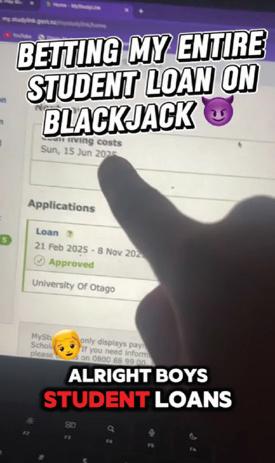


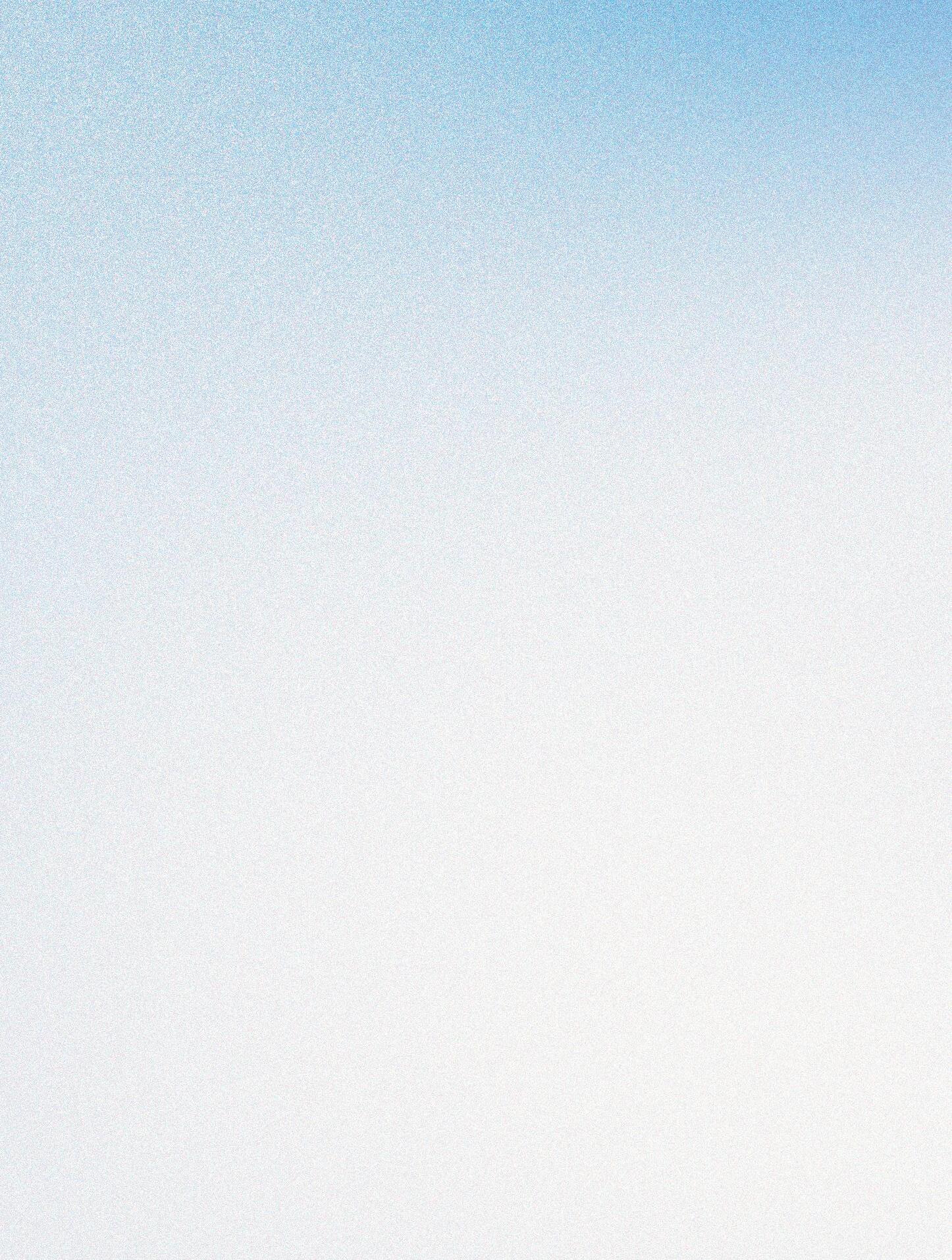
Student media like Salient and Critic have both reported on uptake in youth gambling, and the culture forming around it. The latest trend, though, is sponsorships: companies like RainBet are paying students to create Tiktoks and reels set in flats, lecture halls, or battered couches that look exactly like the ones we know. These clips usually don’t carry the AD tag or watermarks we’ve become accustomed to with influencer brand deals. They are not shiny, glamorous—or even necessarily well-made advertisements. That rawness is the point: companies know we’ll trust what looks “real.” Worse, this content plays on student struggles. Can’t afford heating? Spent your last grocery money? The “solution” presented is to load up online blackjack and “win it back” or “get it free.” Some videos explicitly include the study link living costs payment on the government agency website and then using that direct amount to gamble.
It’s distressing to see that students sponsored by gambling companies are creating this sort of content, with us as the target audience. Students are already dealing with increasing financial difficulties, with rising costs of food, public transport fares, electricity and rent prices. So why are we the target?
I reached out to a handful of these accounts to ask if companies were directing them to make student-specific content. Most ignored me. A few hesitated to talk, even off the record. I’ve found at least a dozen accounts clearly run by students, openly encouraging gambling as a supposed fix for systemic poverty.
It’s not just sponsorships. You’ve probably seen memes watermarked by companies like Stake. Occasionally the watermarks even make the joke funnier, like when a post reads: “I’m not an introvert or an extrovert… I’m a pervert.”
We have become so used to perfect PR approved postings from brands that this sort of content has been like a breath of fresh air in comparison. It does irk me a little bit that they have wormed their way into meme culture, even though they aren’t the first brand to try it.
Gamers, you aren’t safe either. A study in New South Wales found that young people who bought loot boxes and played games with gambling-type features were more likely to eventually gamble in a monetary form. It’s easy to rationalise loot crates as harmless—they’re “in game,” not “real.” But functionally they’re lotteries: chance-based, rewarding and addictive. And in some games, you can even cash out your winnings… sound familiar?
Vaping is unfortunately a similar story. Smoking was once seen as disgusting—a gross habit that conjures up images of ruined teeth and blackened lungs. Then big tobacco regrouped and rolled out vapes: pastel devices that taste like Chuba Chubs.
Youth smoking rates were dropping thanks to years of ant-smoking campaigns and government intervention. But no one can deny that designing vapes to taste like lollies and fit discreetly in your pocket is marketing to younger people.
For me, I was able to get on board with vaping because it slipped through the cracks of taboo. It didn’t smell, didn’t require stepping outside or fumbling with a lighter. It tasted like pink lemonade. What was there to lose? That’s exactly why vaping has been able to plant itself so vehemently in our generation.
But wait, where is the government in all this? Surely they have our best interests in mind, like usual? The government has tabled the Online Casino Gambling Bill, which will require offshore gambling companies to become licensed and operate under a set of parameters. This sounds great, however it doesn’t require the minimum that New Zealand companies have to do, which is to contribute a portion of earnings to community groups as is required of sports gambling companies.
As for vaping, the government has FINALLY banned disposable vapes and made the move to ensure that vapes cannot be advertised from the view of outside of the store. This, however, does nothing for those of us who have already become addicted to/reliant on vaping….
Here’s my tinfoil hat theory: these companies saw smoking and gambling rates falling and decided to get us while we’re young. Hook us now, and when we eventually earn money, we’ll keep spending it on their products. One of the accounts I contacted was under investigation by the Department of Internal Affairs, and deleted soon after. That’s something, but overall the government feels permanently one step behind. Every time one loophole is closed, a new one opens.
That vape in your pocket or Spinbet app in your phone is deliberately designed to be there. And in using them, we’ve become no different to the auntie glued to her pokie machine or the smokers clustered outside the RSA. It’s just been repackaged and marketed to be intentionally detached from those stigmas.
Future generations will be able to acknowledge that we fell for the same schemes as our grandparents. Remember how they used to try and market cigarettes as being good for your lungs? One day, our pinklemondade vapes might look just as absurd.
But don’t worry—I’m not blaming you. Because if I blame you, then I have to blame myself. And god forbid.

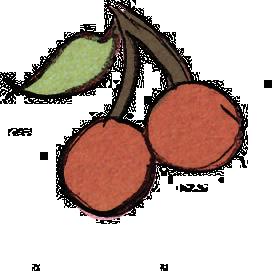


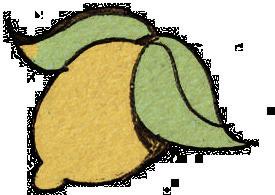

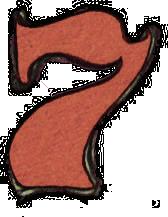
If you or someone you know is having issues with gamblingrelated harm, please contact the Gambling Helpline anytime – free text 8006 or call Māori gambling Helpline - 0800 654 656
Vai Lelei Pasifika
Gambling Helpline0800 654 657
Youth Gambling Helpline “In Ya Face” - 0800 654 659
Gambling Debt Helpline - 0800 654 658


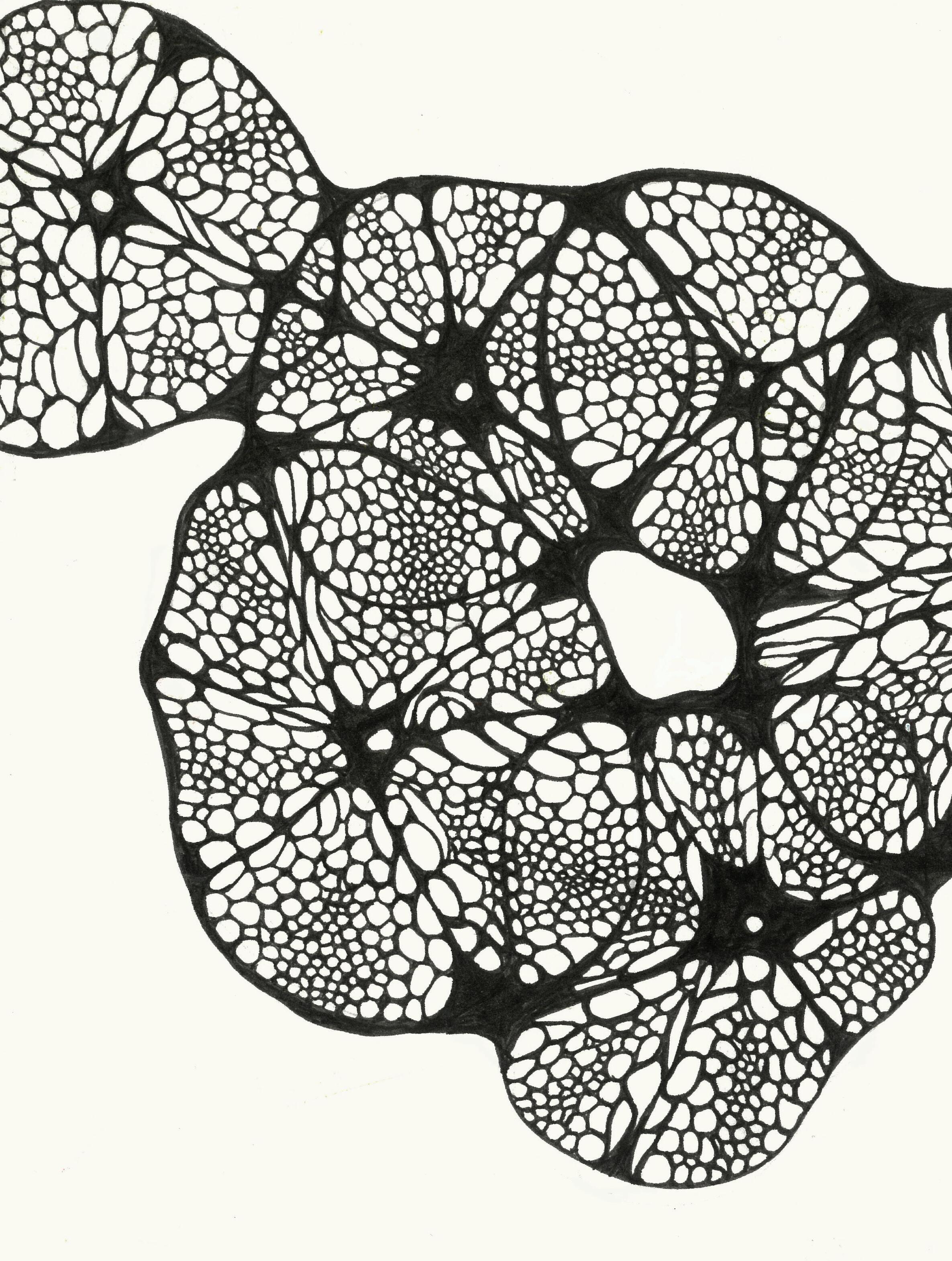
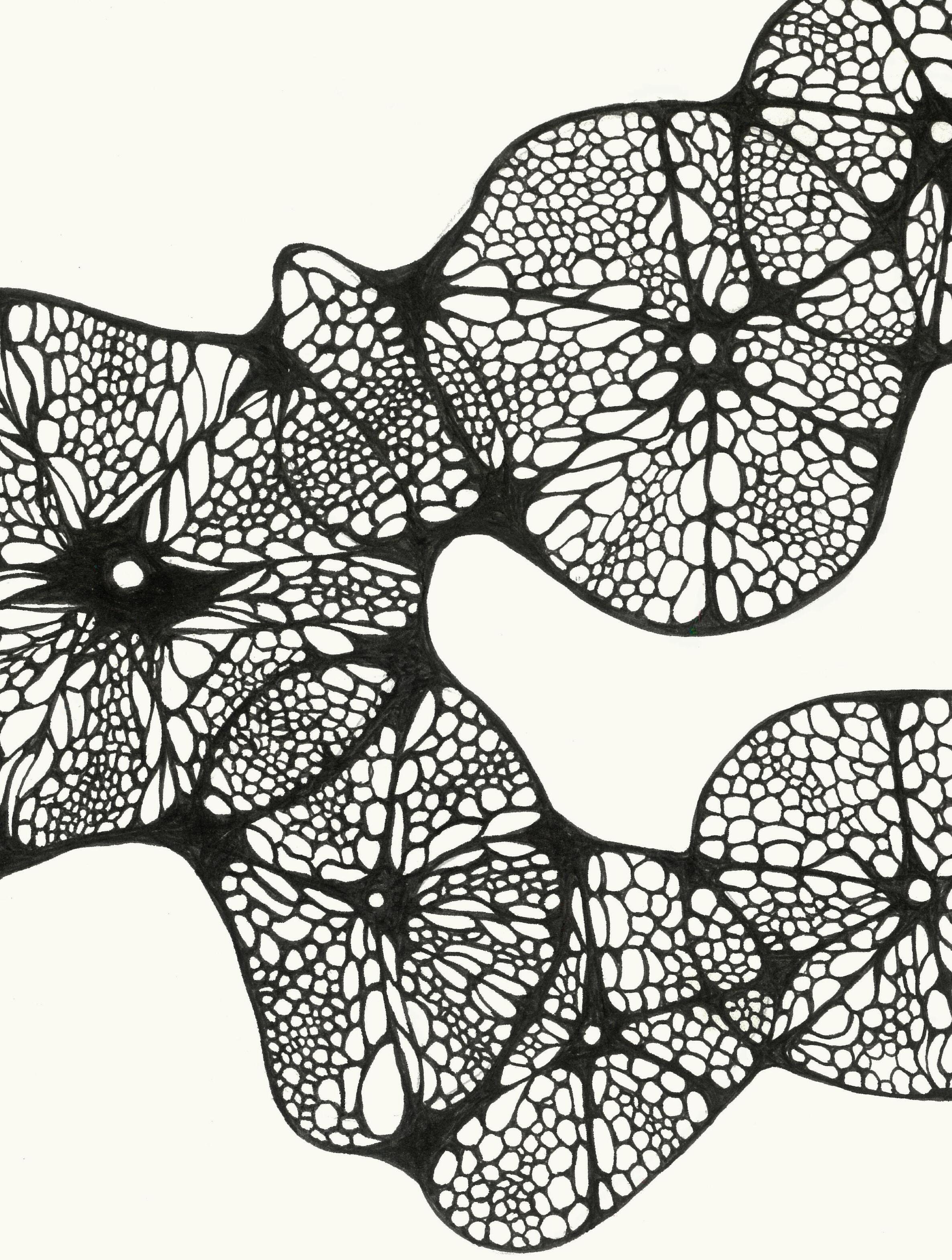


“You have to act as if it were possible to radically transform the world. And you have to do it all the time”—Angela Davis
For the past few months, I was having a crisis of faith. Not of the religious or spiritual kind, but that of identity. As someone who believes in kindness and goodness and every cringy ‘you can do it!’ motto you can think of, I felt as though I fell short. Like I was not doing enough to live by these values and beliefs. I needed to do something. Something that said: there is goodness in this world because I am doing good. It was at this time I was introduced to Home Ground.
It was a Wednesday morning when I volunteered at Home Ground for the first time. Surprisingly warm on a winter’s day, I hitched a ride on the 29 bus to arrive at Newtown Park Apartments, where their office resided. Inside, I was met by two other volunteers and the welcoming faces of Jacqui and Vane, the director and co-faciliator, respectively. There was art covering every inch of the walls, from crochet garments folded over chairs to papercrafts stuck to the walls, woven harakeke arranged neatly on a side table to sticky notes plastered on the windows and whiteboard. It felt like walking into art class in primary school and I cannot describe how comforting that felt. I forgot how much art was missing from my life until I walked into that room.
They kindly served me a hot cup of earl grey tea as we sat around the table and made introductions. One volunteer was studying addictions counselling, the other was a burgeoning artist; I was much younger and unsure of what I wanted to do in life, but they welcomed me anyway. They discussed their expectations, the importance of our work, and set us to task. That day, we were compiling packages of art supplies with stickers, colored paper, and activity sheets. Packages which would later be sent to various women inside corrections facilities across Aotearoa.
Image Credits
McMillan, R. (2025). Raranga: Matariki Workshop [Photograph]. Home Ground. https://www.homegroundnz.com/post/matariki-3-day-creative-adventure Home Ground (2025). Collective Artwork from Arohata Women’s Prison [Photograph]. Home Ground.https://www.homegroundnz.com/post/honouringcreativity-and-courage-at-arohata-women-s-prison



Today, Wellington, and Aotearoa at large, face a worsening crisis as the arts and culture sector is continuously defunded, undervalued, and undercut. When art is perceived as a frivolous and unnecessary expense in our city, it is important to remind ourselves of the importance of art in our lives; nowhere demonstrates it better than Home Ground.
Home Ground is a creative wellbeing project co-founded in 2019 by Jacqui Moyes and Anita Grafton as their response to the systemic challenges women, wahine, and those who identify as female face within the justice system. They believed in using the creative arts as a way for women to learn more about themselves, to tell their life stories, to nurture hope, social change, and help these women create better lives for themselves and future generations.
According to Jacqui, the Creative Director of Home Ground, this project truly began in university. She studied education and gender studies; during one of her criminology courses, a guest lecturer came in discussing the gender inequality found within the justice system. Inspired by this lecturer, Jacqui found herself working in men’s prisons, eventually becoming Arts in Corrections advisor at Arts Access Aotearoa, partially overseeing the national network of creative arts programmes being delivered in corrections facilities across Aotearoa.
However, much of the network was gutted under National government terms and her work experience informed her that much of the gender issue was not being addressed enough. To put it simply, men’s prisons are given more resources, economic opportunities, and support compared to women’s prisons. Additionally, men are more consistently ‘inside’ compared to women who are more transient; in and out and frequently shipped around. As a result, many support systems were built in response to the men’s static experience, instead of the women’s. This dynamic means most work within corrections facilities, and the Arts in Corrections network by proxy, was primarily male-centered and informed by male experiences.
This is what led to the creation of Home Ground—Jacqui and Anita wished to provide additional support to women who have less opportunities within this system, as well as to create a place for them to belong. A place shaped and informed by their lived experiences, because: “women are in the justice system right now. Women are processing trauma right now. Children are being taken away right now.” A quote by Jacqui I still think about after our interview. This is why she does the work. This is why Home Ground is so important today.
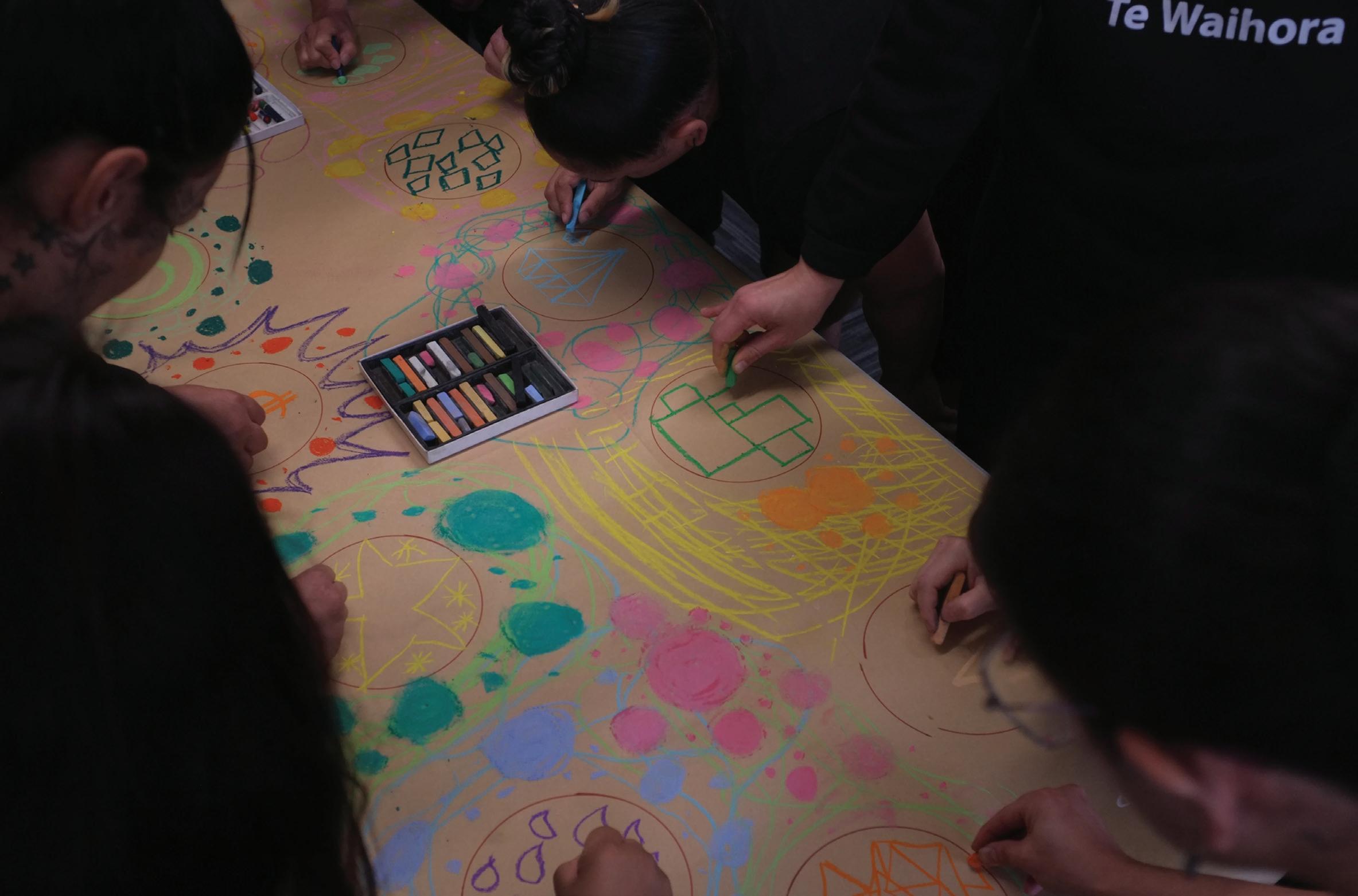


When some of the women were moved from Rimutaka to Christchurch’s Women’s Prison, Home Ground booked multiple flights down to Christchurch so they could continue working with those women.
When they send a package, they make sure to include handwritten notes in the shape of hearts addressed to each woman to tell them that someone was on the other side sending these notes.
When that package arrives, it is stuffed full of pink paper; when the institution strips the femininity away from these women, a sparkling cupcake sticker stuck to the grey cell wall helps reclaim a little of that identity back.
In the face of diminishing art funds and closed down city galleries, Home Ground continues to do the work they do because it matters. It matters for the women ‘inside’ and for them, art is not as accessible as it is for you and me. They rely on Home Ground for their resources and support. Through art, they are able to express themselves, reconnect with parts of themselves that the institution has stripped away, and be able to simply create.
In a system built on punishment, Home Ground asks the question: ‘what if there was another way?’ and makes the effort to see that question through. They are doing the work and showing the world that we don’t have to deliver ‘justice’ this way because what Home Ground does works. Many women have expressed gratitude towards Home Ground because it has changed their lives for the better. Art has helped them more than any prison cell.
That is why they do the work they do. That is why we need art. That is why I am writing this article as my own love letter to Home Ground. I have not volunteered with them long but they have reignited a passion in me. For the arts, for volunteering, for doing good. Change is possible because Home Ground exists.
And I hope this article inspires you, the reader, to pick up a pen and doodle on this magazine like you did sitting bored in class, in primary because it’s not silly or distracting, it’s essential. I hope it heals some forgotten part of you and maybe you’ll decide to pick up that pen or marker or crayon again because everyone should have access to art including the most disadvantaged of us.

This is not a full picture of every aspect of Home Ground or the Arts in Corrections network at large: it is only a slice. If you are at all inspired by their work, I encourage you to look into it yourself. Home Ground has some amazing resources on their website and are always open for volunteers. I highly recommend their article: How to Combat Institutionalism.
Arts Access Aotearoa also has some great resources, including their recently published guidebook: Te Ara ki Runga. Their Arts in Corrections Advisor, Neil Wallace, also runs semi-regular workshops and lessons on how to become an Arts in Corrections educator if you wish to get involved in the work more directly, as contractor or volunteer.
Now, I shall leave you with one final quote from Jacqui: “I was there once and I couldn’t do much. You gotta follow your heart and stake it in the community. That is where change happens… I’m very hopeful [about your generation].”

Resources:
https://www.homegroundnz.com/ https://artsaccess.org.nz/Arts-in-Corrections https://www.corrections.govt.nz/about_us/working_with_us/ volunteers
Home Ground (2025). Collective Artwork from Christchurch’s Women’s Prison [Photograph]. Home Ground. https://www.homegroundnz.com/post/home-groundjune-newsletter McMillan, R. (2025). HG Workbook [Photograph]. Home Ground. https://www. homegroundnz.com/post/thank-you-for-making-our-movie-fundraiser-a-night-toremember


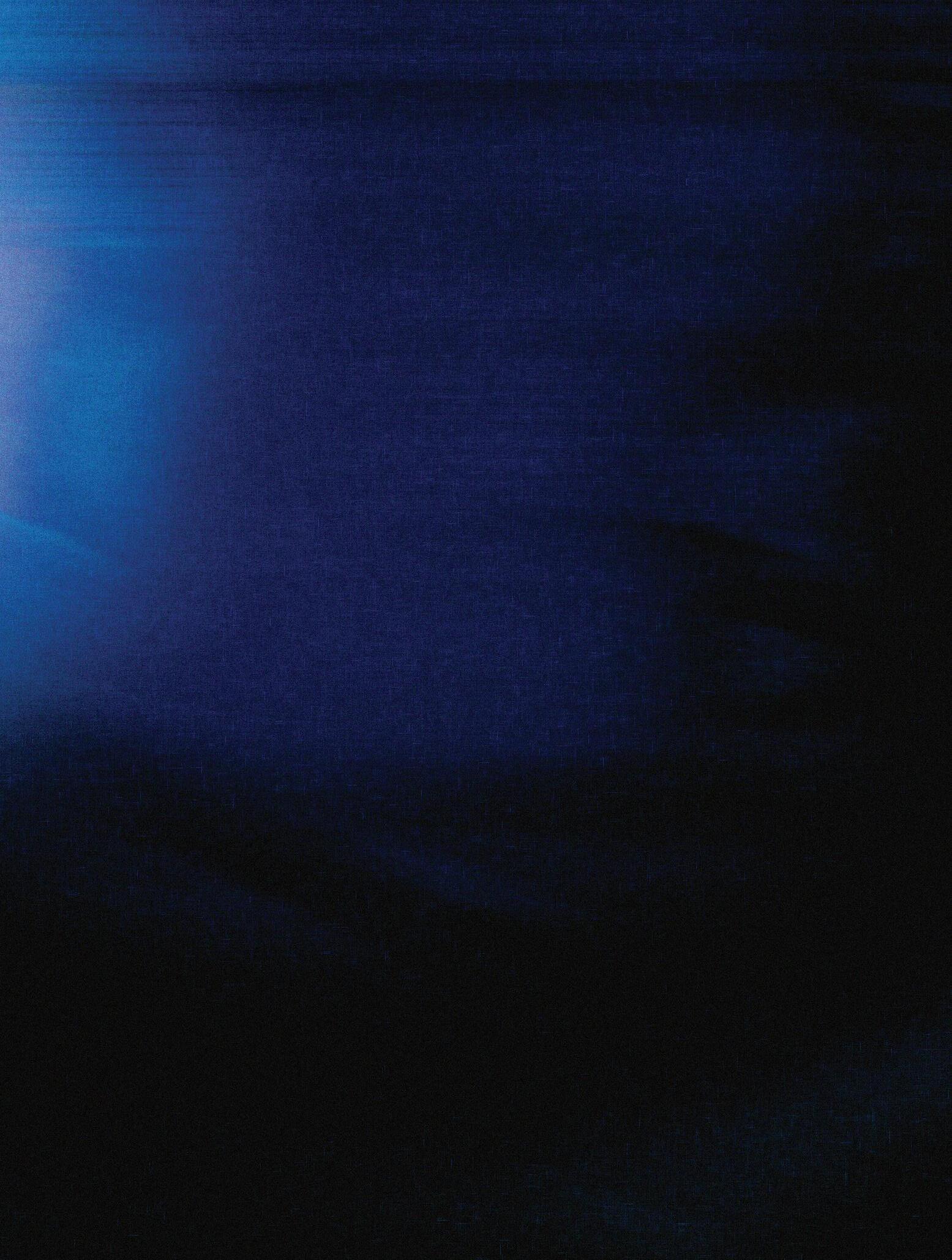
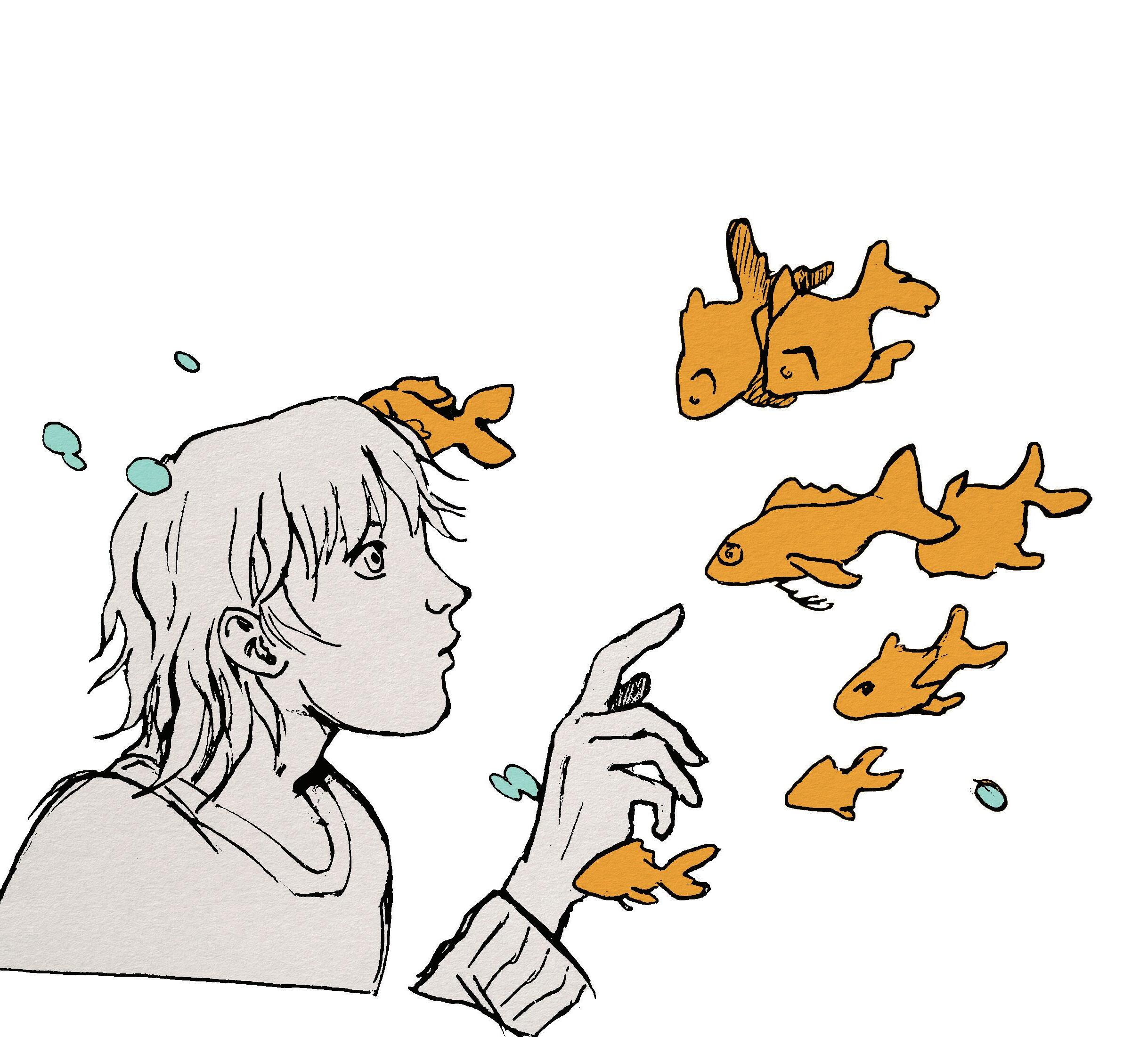

To someone by no one…


I adorn your face from multiple lifetimes. Do you recognise me as yours?
My voice resembles yours in one sentence, Did I sound familiar to you?
I walk along the beach, Etching my footsteps into the sand, Only for them to disappear as the tide comes in.
Were you ever at the place I was?
Feeling the waves soothe through your body Like a prying thought.
Asking you to simply follow, without the details. Into confusion, darkness and anger. And eventually art.
Do you understand these things in the depths I see them?
I like to think you would, Fully. Deeply. Spiritually.
Because after all, I am part of your art collection too. - Nā tō mokopuna

Author Bio: Kia ora, ko Taea Staples ahau. He uri tēnei nō Ngāti tūwharetoa rāua ko Ngā Puhi. He tauria ahau ki konei. E ako ana au i tētahi paetahi i te reo Māori, i Hītori me te Mātauranga Māori.


Ryan Cleland
“One in ten people in New Zealand live alone.” These were among the first words spoken at A Show for When You Feel Lonely, a recent solo performance by Dr. James Wenley, a senior lecturer in Theatre at Te Herenga Waka. Presented as part of the Tahi Festival of Solo Performance, the show unfolds entirely within Wenley’s own apartment where he lives alone, one of those ten.
Lasting just over an hour, the performance draws the audience into this intimate space, which Wenley admits “rarely receives visitors.” Here, he reflects on sixteen years of living alone, interwoven with the story of his mother, recently widowed and experiencing solitude for the first time in her seventies.
Wenley is at ease in this setting. Having premiered the show earlier in the year at the New Zealand Fringe Festival, he commands the space with the confidence of both performer and a teacher. The audience responds in kind speaking with him, engaging in conversation, and lingering afterwards to chat or write in his guestbook. Leaving felt less than exiting a theatre and more like saying goodbye after a warm stay in an old friend’s home.
When I met Wenley to discuss the piece, I arrived flustered and late. Yet he greeted me with the same warmth that characterizes his performance. He explained that staging the show in his apartment was a deliberate choice, reflecting its themes of loneliness, connection, and his personal experience. The narrative also includes stories of his mother and the “52 Hertz whale,” often called the world’s loneliest whale.
Wenley is careful to distinguish between being alone and being lonely. “It’s not to say that living alone equals loneliness.” He tells me. “It doesn’t. But it can kind of impact the experience.” His father passed away in 2023, and ever since then, his mother has lived alone for the first time. Her experience was a catalyst for the show. “I think it was looking at my mum and how her life has changed since my father, her husband, passed away.”
The other central figure is the 52 Hertz whale also known as 52-Blue a mysterious creature whose call, at an unusual frequency, goes unanswered by other whales. Wenley uses this metaphor to explore how solitude can feel like calling to the void, hoping someone will hear.
Throughout the performance, Wenley reflects on the relatively recent phenomenon of living alone, noting that “living alone is a uniquely 20th-century invention.” He invites the audience to unpack stereotypes often attached to solo living—introverted, social ineptitude, or fierce independence—and how those labels shape perception.
Much like 52-Blue, Wenley positions his own experience of solitude as a voice slightly outside the usual rhythms of social life—distinct, but still reaching outward in search of connection. By inviting the audiences into his private space he mirrors the whale’s call: putting something deeply personal into the world and seeing who responds.
Music plays a central role in the performance, delivered through a single, distinctive instrument—the Omnichord. “It came out in the ’80s,” Wenley jokes, “just like I did.” This harp-like electronic instrument allows prerecorded beats and chords to be layered in real time, creating a rich, meditative soundscape. It evokes whale songs and reinforces the show’s themes of loneliness and connection.
The lighting is minimal—mostly standard house lights with a few blue LEDs to suggest the ocean. Yet Wenley masterfully immerses the audience. “People have said this is the perfect instrument for someone who might be lonely,” he explains. “You can jam and make lots of really cool sounds.” The Omnichord becomes more than accompaniment—it’s a character in its own right, drawing the audience deeper into the performance.
At the end of the show, Wenley presents a guestbook. Everyone in my cohort contributed kind words, many reflecting how they felt less lonely after the performance. Wenley sees the guestbook as another space for connection. “ [Some] people don’t want to share verbally or have more things that they’re kind of thinking about to write in the guestbook. And every performance is unique because of the people that are in the room. And it’s so cool to kind of hear other people’s stories about whether they also are people that have lived alone or if there’s something that they haven’t really kind of thought much about in their lives so far.”
Wenley’s solo performance provokes meaningful conversations around loneliness and connection. He tells me the post-show engagement is “really meaningful”. A sentiment made clear as the audience lingered and spoke—an uncommon occurrence in conventional theatre.
When I left Wenley’s apartment I called my girlfriend—just to say hello.Then I called my mum. It was nice to catch up and tell them both I loved them. The show reminded me to reach out to those close to me and to always take care of the connections I have with the people who matter most to me. After all, we’re never truly alone.
The only other voice in the performance, aside from Wenley’s, was a brief audio recording of his mother, who offered a short reflection on what to do when we feel alone. Her words were simple but heartfelt, reminding us that solitude is not permanent. Today we may feel isolated, but tomorrow—or perhaps the next day—we may not. The feeling will pass.

1. Mall security guards might watch out for these criminals (11) *
7. Commercial plane; shade of black (3)
9. Rip the stitches out of (5)
10. Deep pieces of tableware (4,5) *
11. They're worn in theatre productions (8)
12. 'Something in the Water' singer Fraser (6)
14. Type of thief who might be the villain of a western (6,7) *
19. Hawkeye's projectiles (6)
21. Medical term for the collarbone (8)
24. They buy shares on the market (9) *
25. Yoghurt-based side dish in Indian cuisine (5)
26. The ruru is a species of this bird (3)
27. Assessing the situation... or what the answers to the starred clues are known for doing (6,5)
1. genesis; thing to cite in an essay (6)
2. 'Wonderwall' band (5)
3. Civil action brought in a court (it might be a tort) (7)
4. Went bad, like the uncle in 'The Addams Family'? (8)
5. Aussie birds that won a 1930s 'war' (4)
6. Not even tipsy (5)
7. Body part that Māui's fish hook was made from (7)
8. like walruses, elephants, and orcs (6)
13. adds to; uses for construction (6,2)
15. The 'a' in "eta?" (7)
16. Fantasy pubs (7)
17. New Zealand spider with a distinctive red stripe (6)
18. New Jersey city and airport that sounds like Noah's replacement boat (6)
20. "that ____ what i meant!" (5)
22. Largest city in Africa (5)
23. Counterpart of an egg's albumen (4)
By Puck!
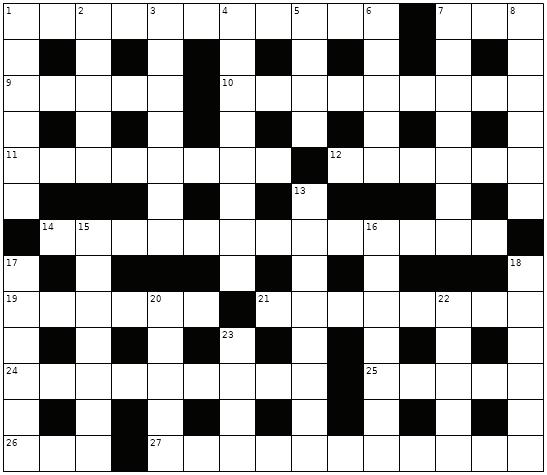
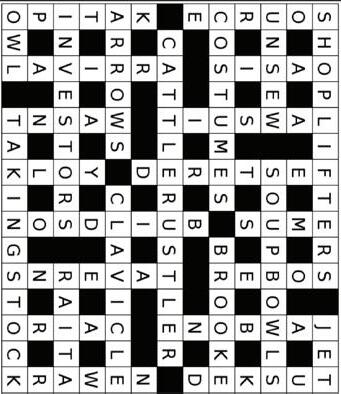
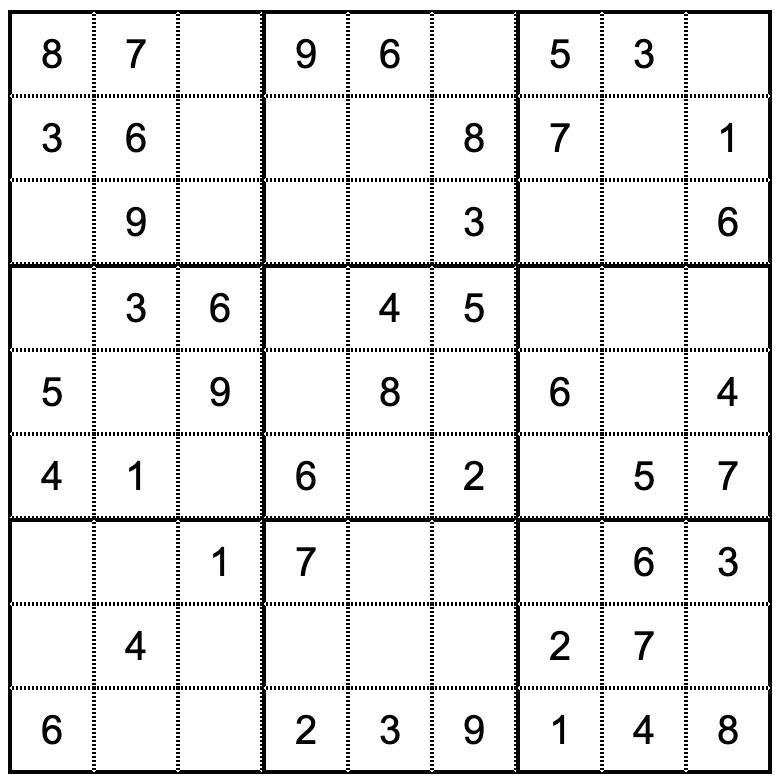
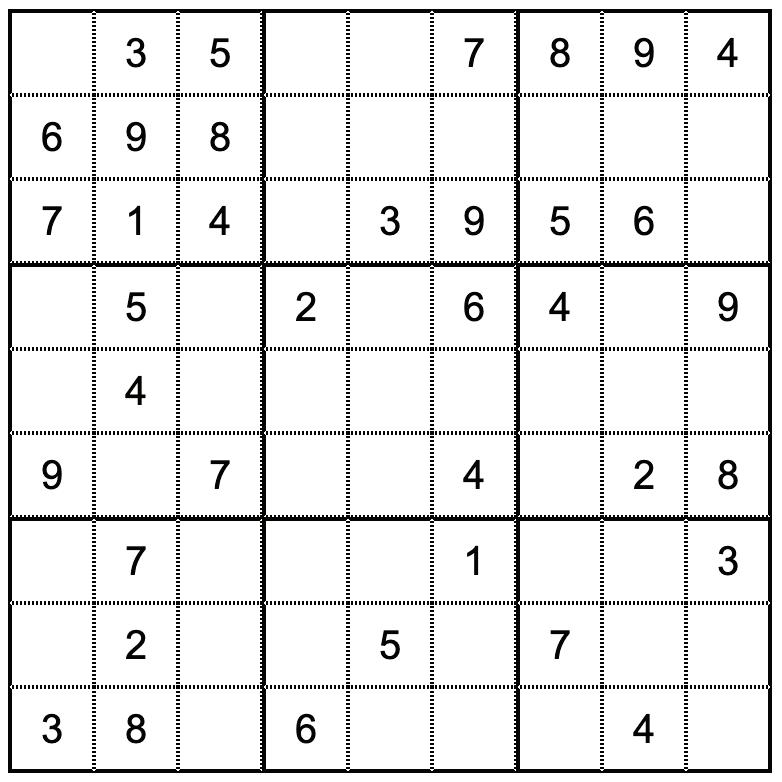

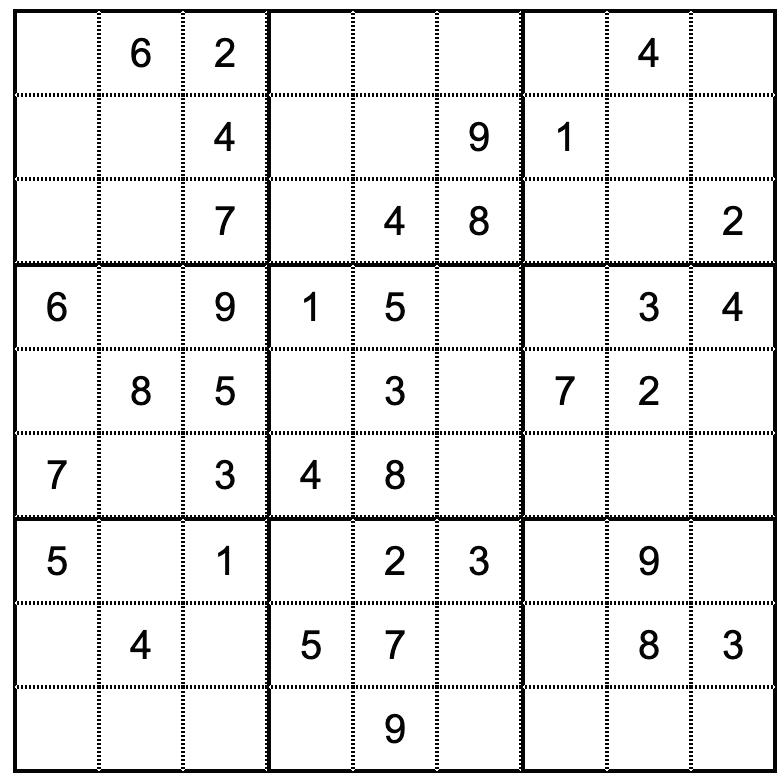
1 1 *1990-1997 (3, 6)
6 what your outlook does (6)
11 rock's ___ leppard (3)
13 Goal (3)
14 Partner of fauna (5)
16 *1999-2008 (5, 5)
17 ___ Enterprise (1, 1, 1)
19 Headlouse egg (3)
20 *2008-2016 (4, 3)
21 Enemies of Montagues, in Shakespeare (8)
26 New Zealander (4)
28 *2016-2017 (4, 7)
32 Game cube (3)
33 Title bestowed upon the starred entries (5, 10)
36 She's possessive (3)
39 Environmental planning law, in brief (1, 1, 1)
41 *2017-2023 (7, 6)
42 *2023-2023 (5, 7)
43 Slime (3)
45 Sydney's state (1, 1, 1)
46 *2023-Present (11, 5)
2 Domed home (5)
3 Nation south of Rwanda (7)
4 Utopia (4)
5 Thing of the past (5)
7 ___ Picchu (5)
8 Suffer (3)
9 Press Secretary's concern (5)
10 Japanese spirits (5)
12 Crumbly cheese (4)
15 Inquire (3)
18 Balkan native (4)
20 Wild card (5)
22 Wide view (8)
23 Haha, in a text (1, 1, 1)
24 Sample (5)
25 Hold on tight (5)
27 Bet (5)
29 Marriage vow (1, 2)
30 Someone born in August (3)
31 Watches on Netflix (7)
34 Classic Kiwiana milkshake flavour (4)
35 How a fifth year student in the final trimester of their degree may be feeling (3, 4)
37 Quaver note (6)
38 sex drive (6)
39 gorge (6)
40 ___ and crafts (4)
43 Kendrick Lamar's latest album (1, 1, 1)
44 Spanish bear (3)
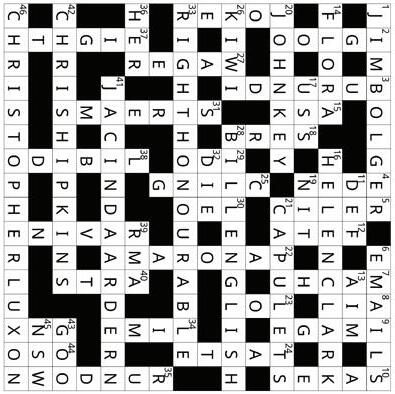
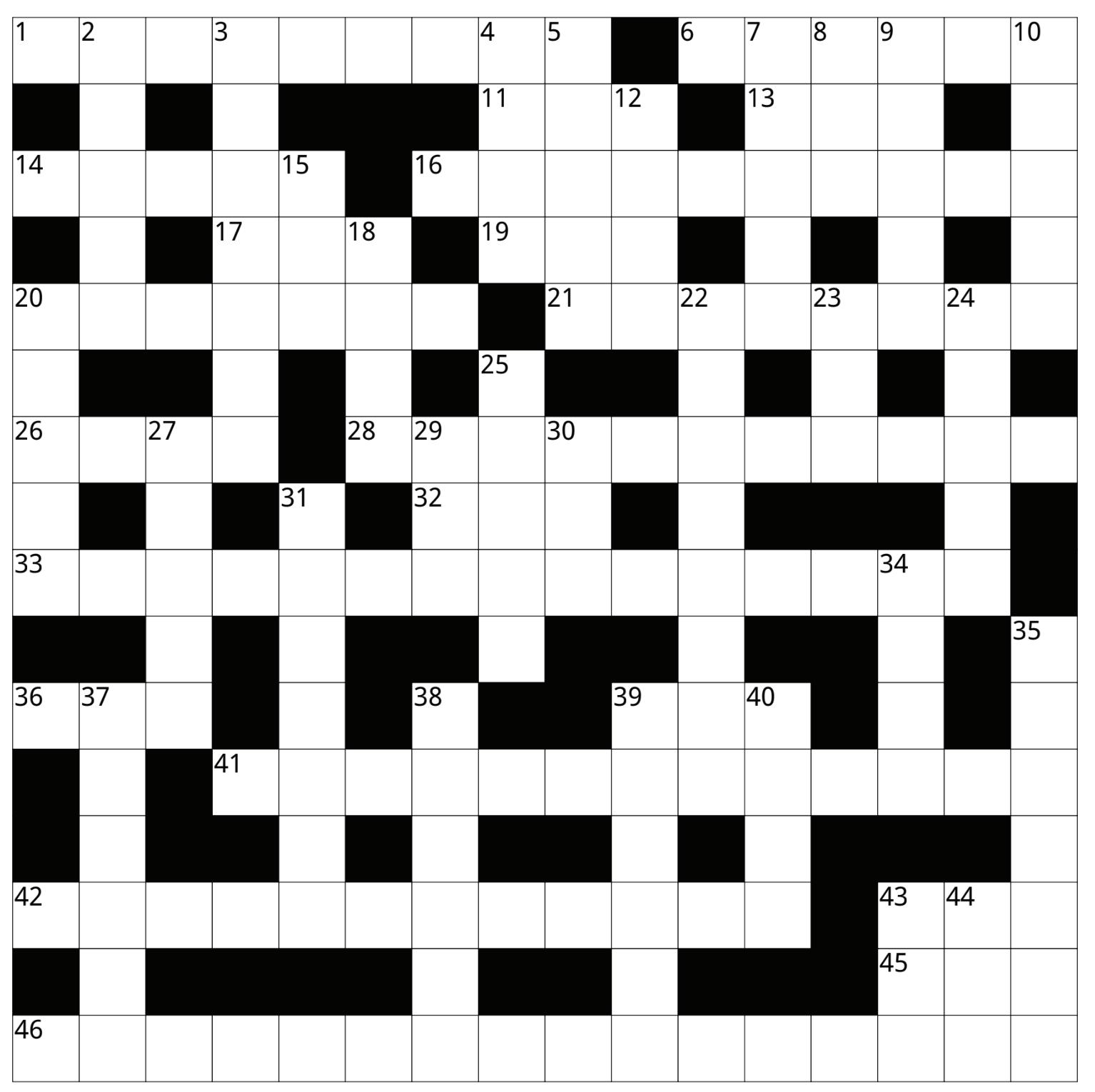

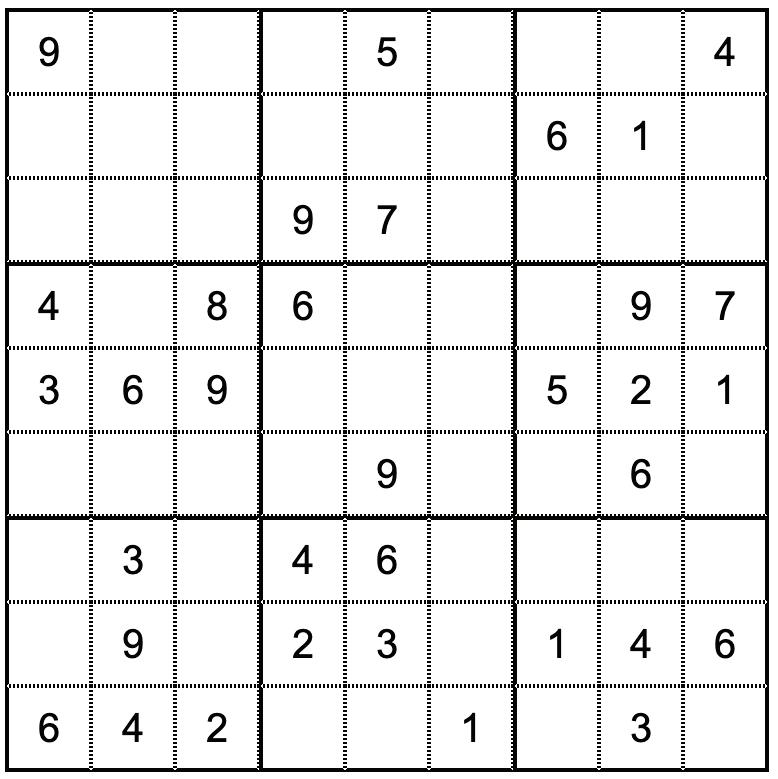


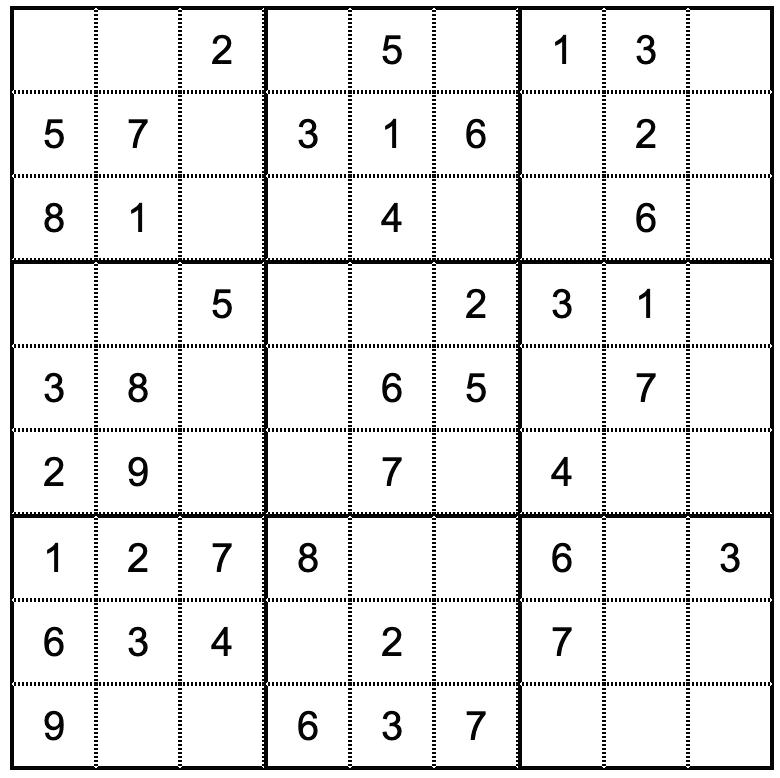



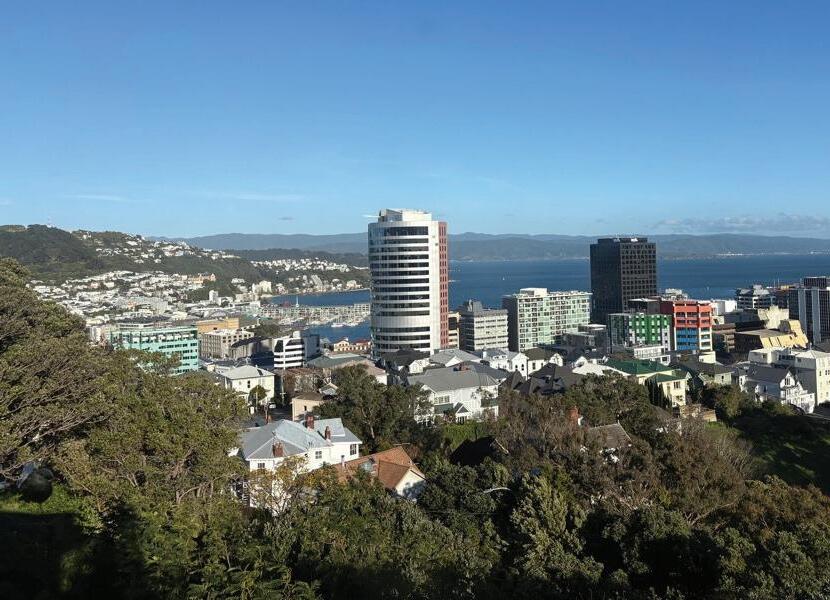


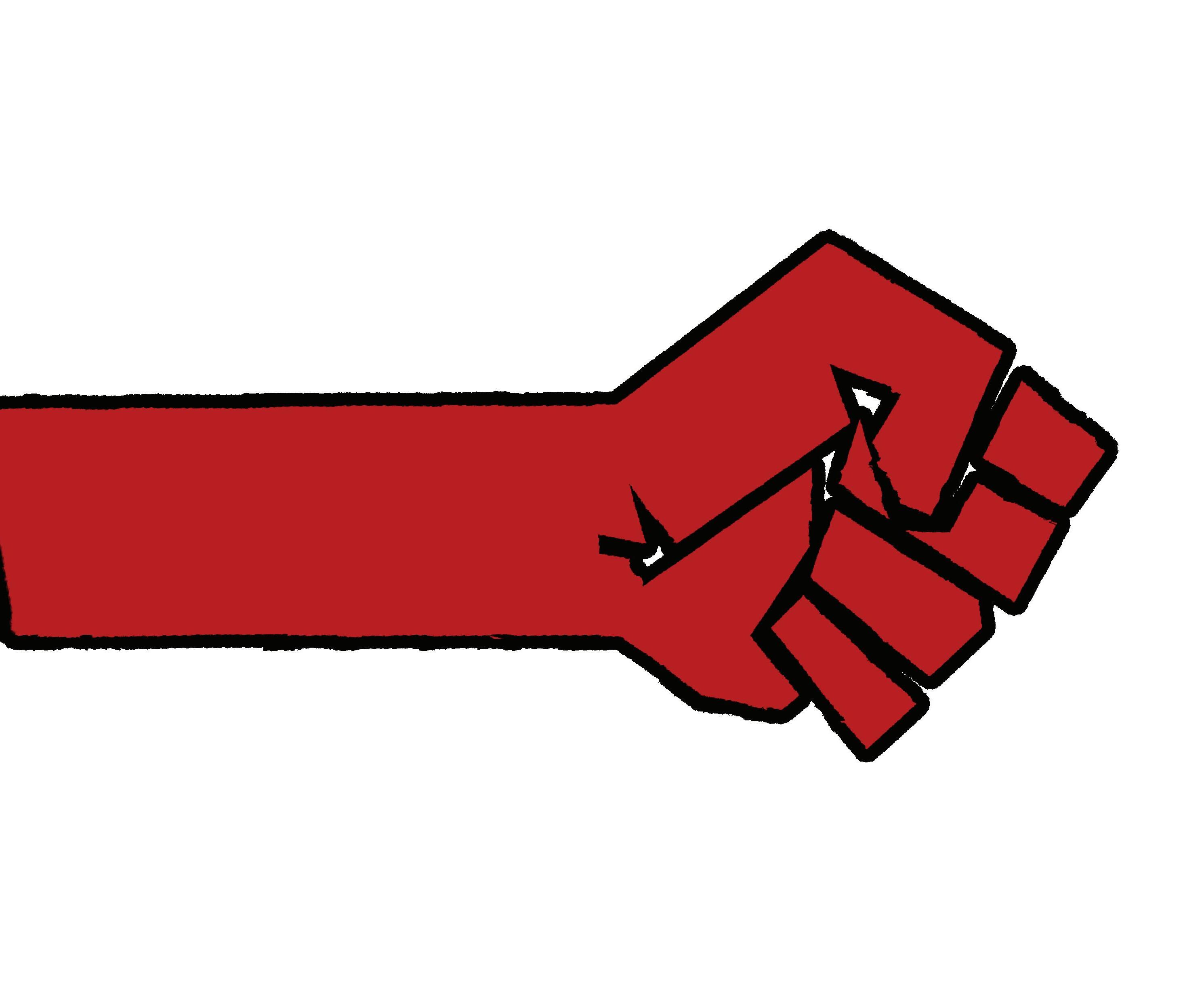
A Column by VUW International Socialists / ISO
Is there any point in voting in local elections?
Yes! And let’s stay active in other ways too.
Voting won’t fix all the problems we face, nor is current local government a desirable vision for working class democracy. But it does shape the political terrain for the next three years.
The purpose of local government is to enable democracy on behalf of communities and to promote their social, economic, environmental and cultural well-being (Local Government Act 2002). But what we are witnessing is the coalition government centralising power and undermining the capability of local government. How can local government structures uphold this stated purpose when democracy is under attack from above?
The coalition is tightening constraints and imposing an agenda on local governments through both legislative adjustments and direct interference:

At the Local Government New Zealand July 2025 conference, central government representatives communicated a message of council “efficiency”, a need to cut “unnecessary projects”, and a potential cap on council rates. This is despite council representatives saying they are already operating efficiently, focusing on “basics”, and spending their budget on essential services.
We can see central government interference and control efforts in the appointment of a “Crown Observer” in October 2024 by the minister for Local Government, Simeon Brown. Supposedly to ensure “the council is able to function as a governing body”, this observer was appointed after the council voted to retain shares in the Wellington Airport. This was a successful campaign by Unions Wellington, a body of the Council of Trade Unions.
Another example is the coalition’s 2024 Local Government (Māori Wards) Amendment Bill, one of the many ongoing direct attacks on Māori by National, aCt, and New Zealand First. Māori wards (in councils where they have been established) effectively ensure at least one seat at the table will have been elected by Māori. this Bill is the central government imposing their agenda and disempowering communities through the forced referendum.
ACT itself has a multi-pronged approach: the party’s 46 local candidates are campaigning to “take race out of local politics “with a “push back against ideological agendas like co-governance”, “scrapping wasteful spending”, and “lower rates”. Reading between the lines, this means antiMāori and broader racist politics, and prioritising property owners. Considering their millions of dollars in donations, and the devastating effect ACT’s presence in central government is having, this poses a very real threat to local politics across the country.
It’s important to acknowledge that the fight doesn’t end with defending Māori wards. as is the case with all government institutions under capitalism, simply defending “a seat at the table”, when that table exists to maintain the existing exploitative, racist, and capitalist system is not enough. By solely voting, right wing and racist agitation will continue, and capitalism will remain in place. So let’s get out and vote—but more importantly, let’s get out and organise.
This piece has been adapted from “New Zealand's Local Elections: What’s At Stake?” by Serah Allison, an article published in our magazine The Socialist and online at https://iso.org.nz.
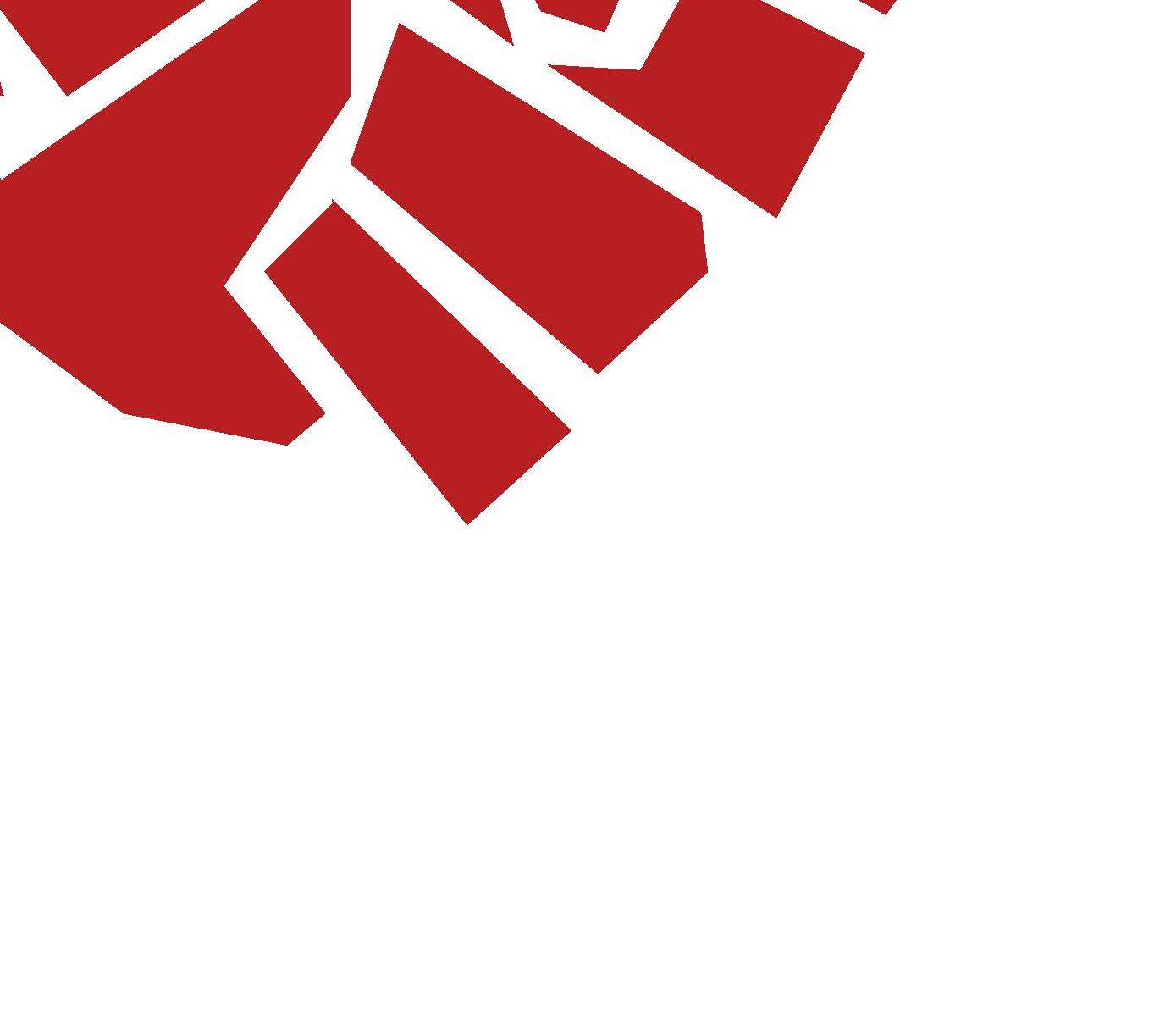

I study politics, philosophy, and education, which basically means I overthink for a degree. Before class, I grab an iced hazelnut americano from Louis, and after I hit the Bubble for another coffee (but free this time), before aimlessly wandering around the city like I’ve got nowhere to be (because I don’t. job leads welcome). My bag may not be organised, but it is filled with the essentials: Taco Bell hot sauce packets, two baby fugglers, rings, random can tabs, a Hannah Montana book, my sketchbook, pens, cigarettes, a lighter, fidget toys, playing cards, paw paw, and spare body jewellery. This setup supports a lifestyle of mental illness, questionable priorities, and being ready for either a tutorial discussion or a spontaneous lecture ditch. I'm also never lacking an activity or convo starter because god forbid I let myself be bored.
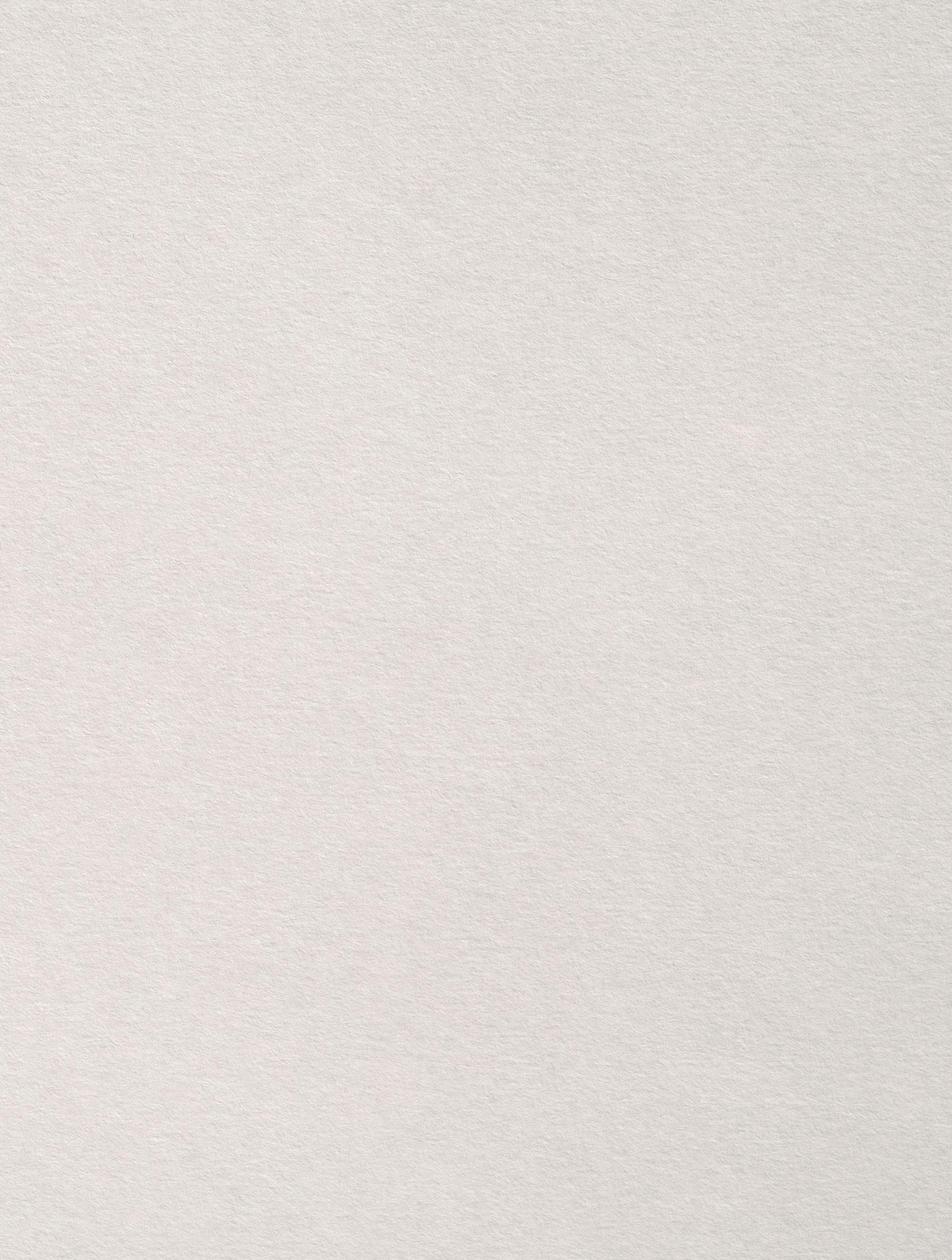
Baby fugglers for emotional support, a sketch book for entertainment, my Hannah Montana truth or dare book for a good academic read, a couple taco bell hot sauce packets just in case (they're easily 2 years old
Law student? Fine arts major? We want to snoop inside your bag and see what students of different degrees are carrying with them on and off campus
CORE MEMORY
Doing the 48-hour film festival with my friends from my film cohort!! Also performing in Dr Faustus with all my theatre friends.




From Lucy Film, Theatre and Classics
CORE MEMORY
The comradery I’ve found in the MFA has completely changed my brain chemistry. I’ve found lifelong friends and learned so many new skills, like how to properly file my taxes as well as creating interesting visual storytelling devices.

Architecture, where a cohort of 200+ students had to present chairs entirely made of cardboard. We’d all had to spend our Tuesdays waiting for the city recycling day to go out and get cardboard pieces big enough to cut into strips for this assignment. I made friends with another random student because we both ended up searching the same cardboard skip behind a restaurant for boxes. Cumberland hall looked like a cardboard paper crime scene. And then we had to present them all in the atrium and have the tallest member of the architecture cohort test them out by sitting on them.
Bachelor and Masters of Design Innovation, 2022
By Abbie Wood, Bachelor of Design Innovation student
If you’re anything like me, the constant headlines of “Wellington’s dead” are getting a bit old. As students, we know all too well that times are tough right now, but to say the city has lost its spark misses the point. The beating heart of Pōneke has always been its people, especially its students. I’ve made it my mission to collect those special memories and places that mean so much to our student community.
Dear Wellington, an upcoming interactive exhibition at Te Aro campus, leans into the chaos and creativity of student lifepast and present, and reminds us of why it’s worth celebrating. From freezing flats to midnight dance floors, from Mt Vic to lecture halls, the stories, photos, and memories on display remind us that Wellington is very much alive. Be part of Dear Wellington and share your story.
Dear Wellington pop-up exhibition
Opening night - Mon 29 Sept 5-7pm
On now - Mon 29 Sept to Thurs 2 Oct
Te Aro campus, 139 Vivian Street
From Alyse Master of Fine Arts
Just the constant grind of getting through each day. It’s all kind of blurred together, but I’m glad I’ve stuck it out and know the opportunities that come from it will be worth it!
CORE MEMORY
A core memory from my uni life is from the summer months, right at the start of my first year. I remember feeling anxious about what was ahead, but the night before uni began I went out to JJs, which has since become my favourite pub and a typical student spot. That night I met the people who are now my closest friends, and for the first time I felt like I truly belonged and was accepted in this city. From there, uni became about more than study, it was about finding my voice and a new sense of community. Now, as chair of the Social Change Collective, I’ve been able to connect with people across different spaces and build relationships with another group we’re all part of, strengthening those feelings of belonging and shared purpose that started back on that very first night.
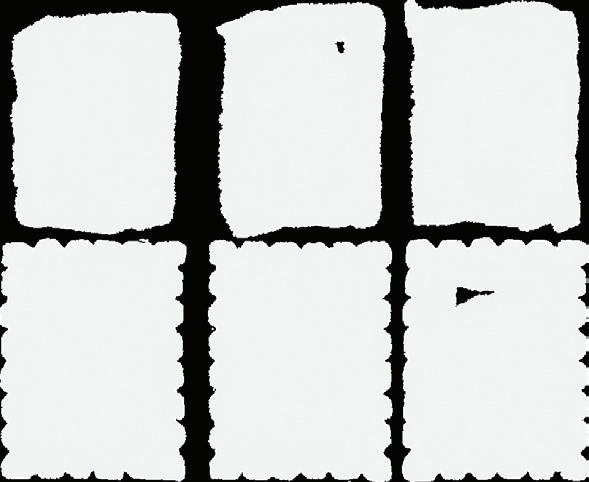




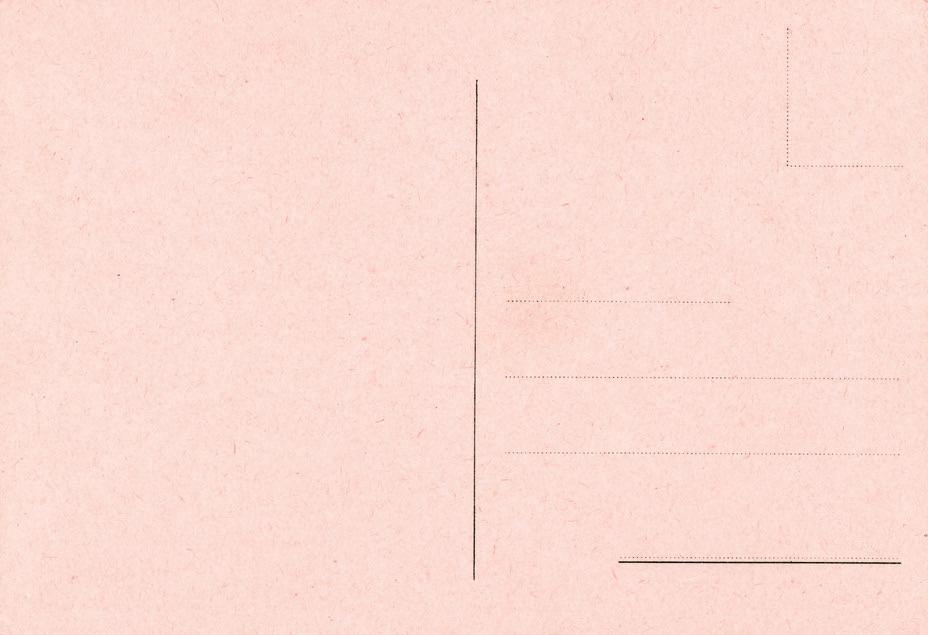
Bachelor Psychologyof




From Ethan
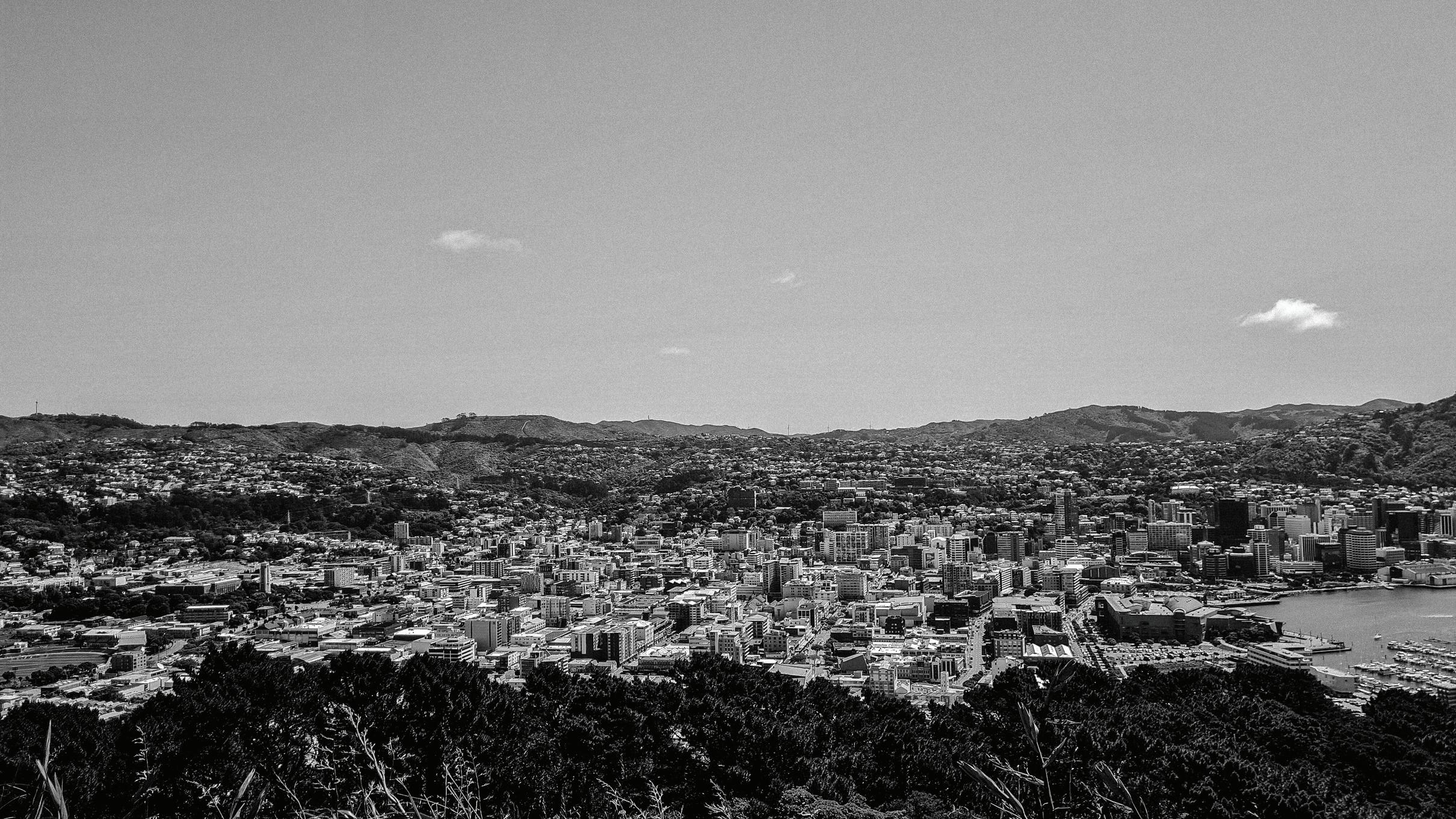
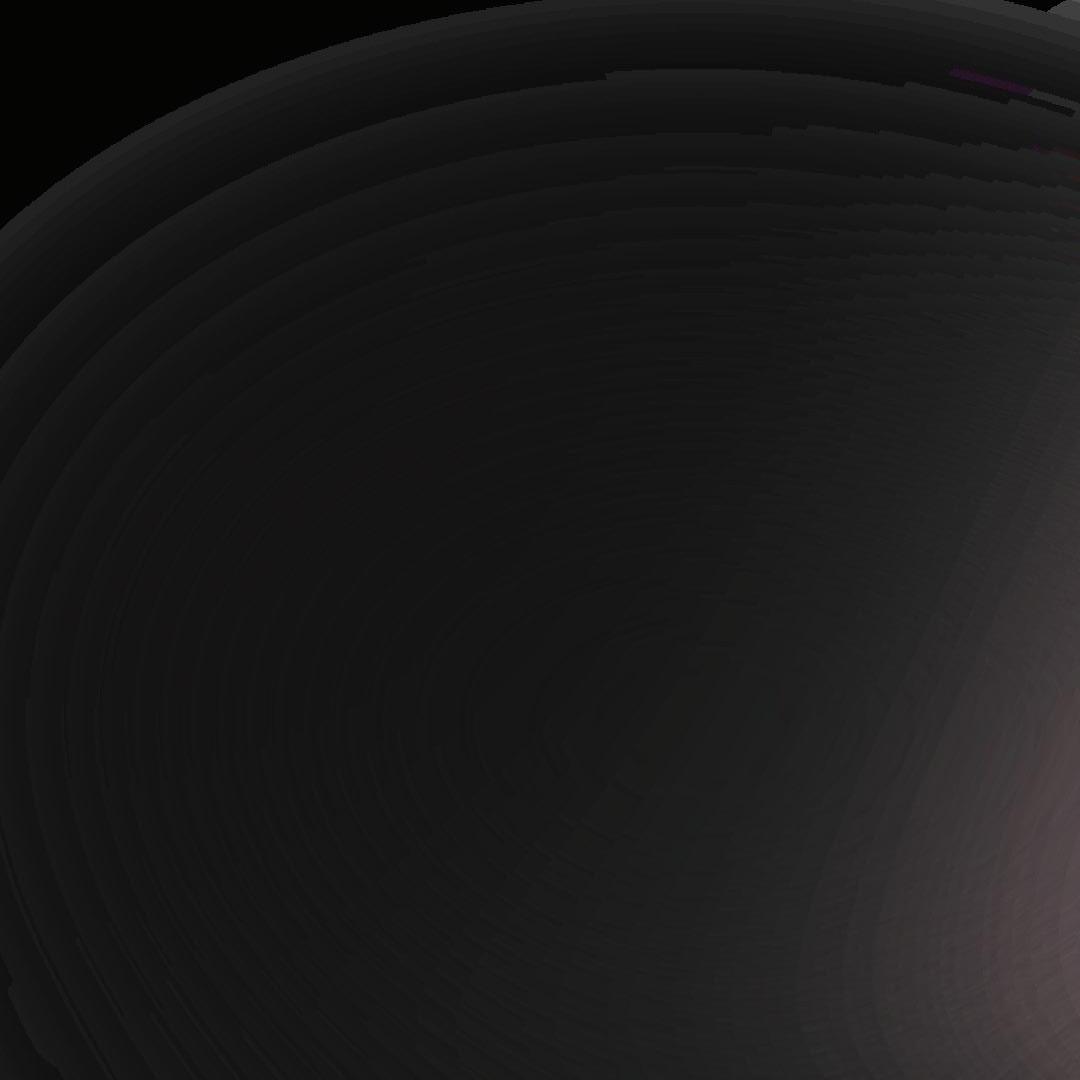
Hello ! i’m samara. i’m a Pōneke-based artist working in many different media but primarily illustration. i’m inspired by the macro and micro worlds existing in nature. This piece is loosely based on patterns visible under a microscope… for me, it brings up thoughts of existing in space without control, falling into habits, living without thinking. Check out my beautiful Instagram that I rarely post on @horse_number4

Right now is a time for new beginnings. Maybe you’re moving flats. Maybe you’re finishing up your classes. We recommend a manic episode. New beginnings, new opportunities, you’ll set up the rest of your life on this foot so make it a good one: see that number in your savings account? It’s begging you to spend it. Who are you to deny destiny?
Do: Be financially irresponsible. Don’t: Listen to this advice.
Today is the day to make big moves: ask your crush out, tell your favorite lecturer that you have really appreciated all of the work they’ve done this trimester, ask that person you think is cool for a coffee. Good things are coming, Cancer, you just need to go out on a limb. Do: Confidence. Don’t: Chicken out.
It’s a time for new beginnings for you ! You’ve moved flats or made a big change recently and us at Salient just want to say we’re proud of you for giving it a shot. It might not work out; but you’re trying it anyway, and that’s great ! Do the scary thing ! Do: Ask your sister about her love life Don’t: Ask for specifics
Have you ever tried the pomodoro study method? If you haven’t, it goes like this: use a timer to set up 25 minutes of work, then a five minute break. Do this four times, then take a 30 minute break. I reckon you should give it a shot this week; it’s hard out here studying for exams. Do: Break up study. Don’t: Crash out.
YYou haven’t voted yet, have you? Listen, you missed out on the VUWSA elections and I guess that’s just student politics, but this city matters ! How do you think Batman would have got elected, if not through democracy? Get that little soggy voting packet out of your mailbox and fill it out, our city needs you. Do: Vote. Don’t: Put it off any longer.
It’s finally time to get a lion, rose and clock face tattoo. Your tattoo artist will love you. Your friends will love you. It is destiny. It was written in the stars. Do: Body modifications. Don’t: Ask your parents about this advice.
This is the week to be selfish. Use up all the water in your flat with hot showers; bring a stool in there and relax. Ever drank a beer in the shower? Now is your time ! When it’s cold, my flatmate brings a heater into the bathroom so it’s warm when he gets out. This is your week to try this.
Do: Indulge. Don’t: Think too hard.
This is the week to treat your friends. Take them out to dinner; go to the movies; go bowling ! They won’t mind splitting the cost; but they will love spending time with you. Appreciate each other this week.
Do: Willis Lane. Don’t: Be antisocial.
Summer is coming; and you don’t want to be caught out without a lighter. Go to the warehouse and bulk buy them so you can laze in the sun on your deck, or maybe at the beach, or maybe in the Te Ahumairangi Hill. Get some new bedsheets while you’re at it, you keep getting yours dirty. Do: Warehouse mish. Don’t: Be indecisive.
I’m going to gently parent you for a second: your room is looking a little messy, babe. How do you think your crush would feel if they came in? You’ll miss 100% of shots you don’t take, and you’ll miss inviting your crush over if you don’t clean up. Do: Get on with it. Don’t: Just pile those t-shirts in the corner.
A cup of tea will help you feel much better, so will asking your friends for help, phone your parents, text your best friend, and tell your extended family that you love them. Now is the time for softness.
Do: Electric blankets. Don’t: Be too hard on yourself.
You’re really hot, like far more than you let yourself believe. Take it in this week! Stare in front of the mirror for at least an hour, dance around naked, and enjoy!
Do: Admire yourself Don’t: Let it turn into a spiral.
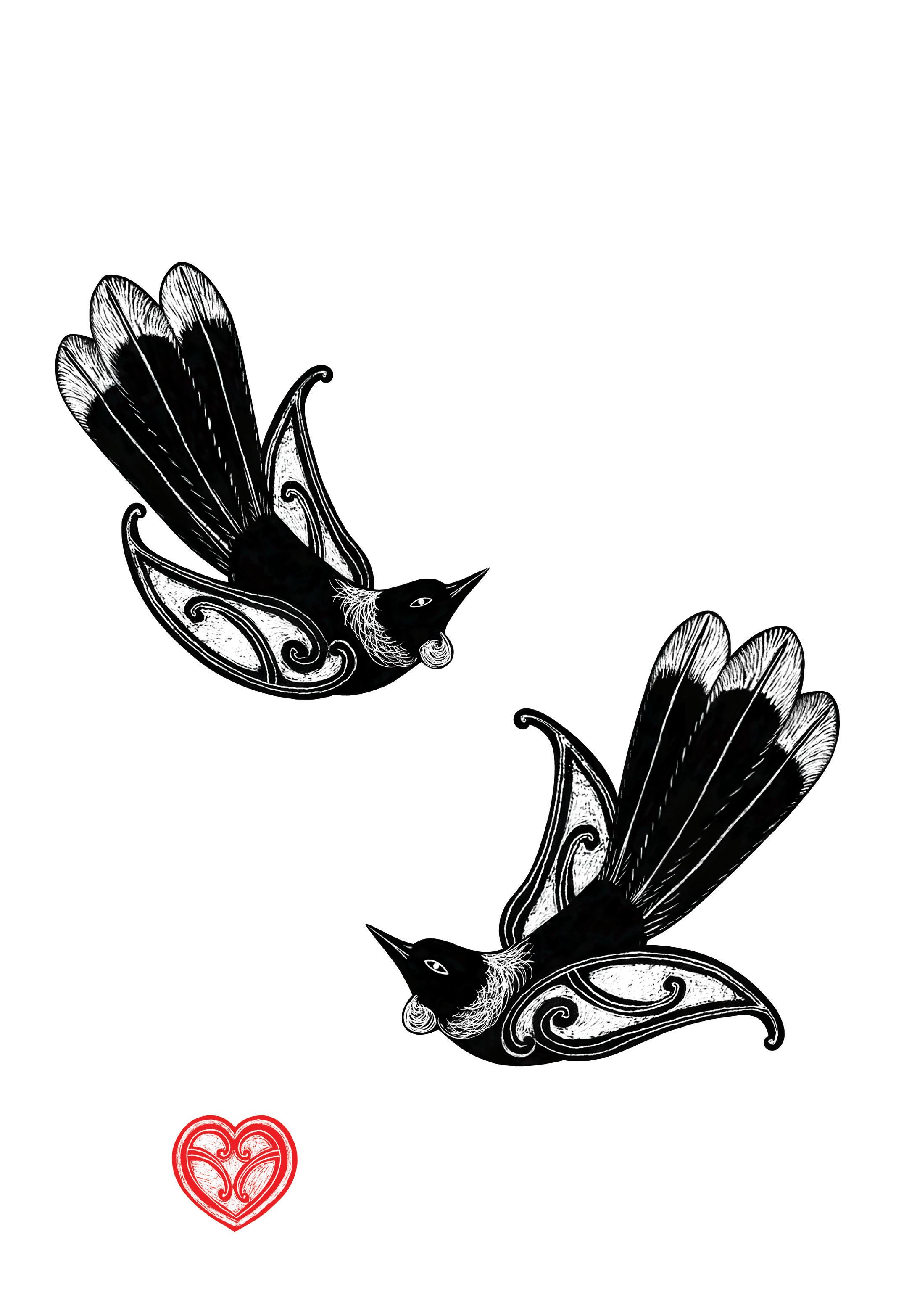
www.honourthetreaty.org.nz

